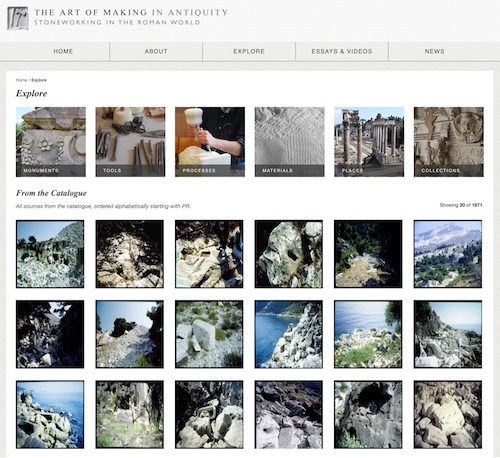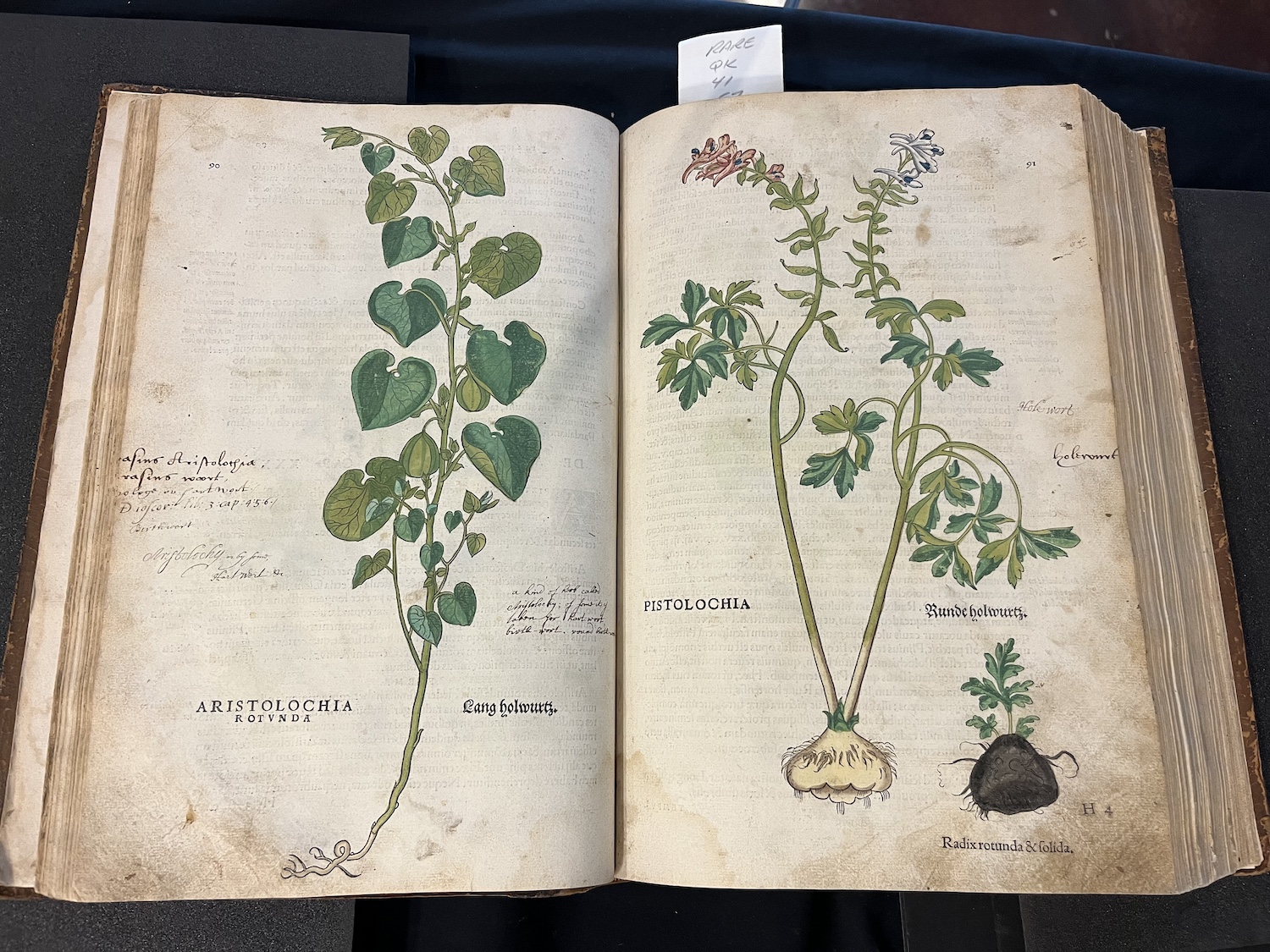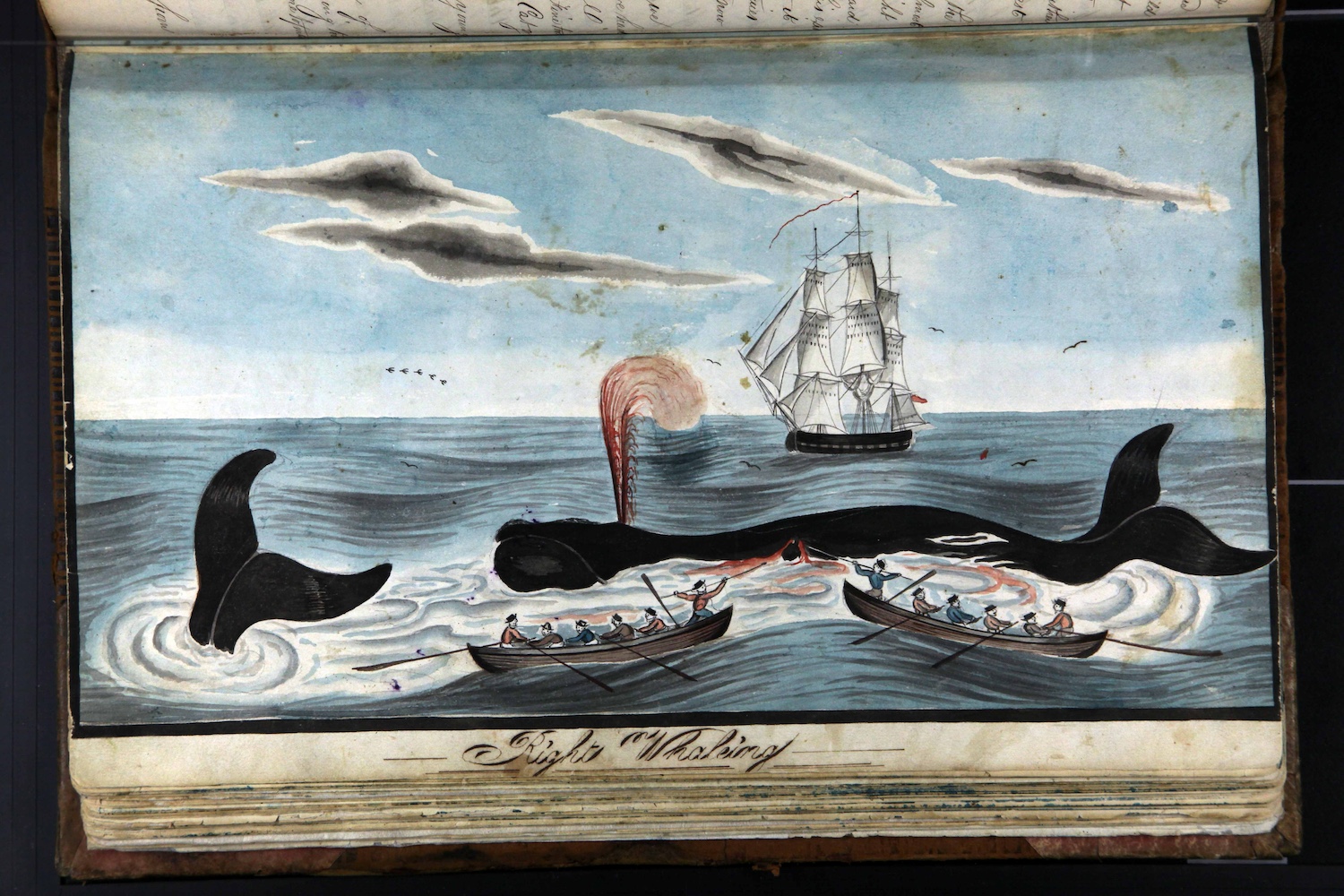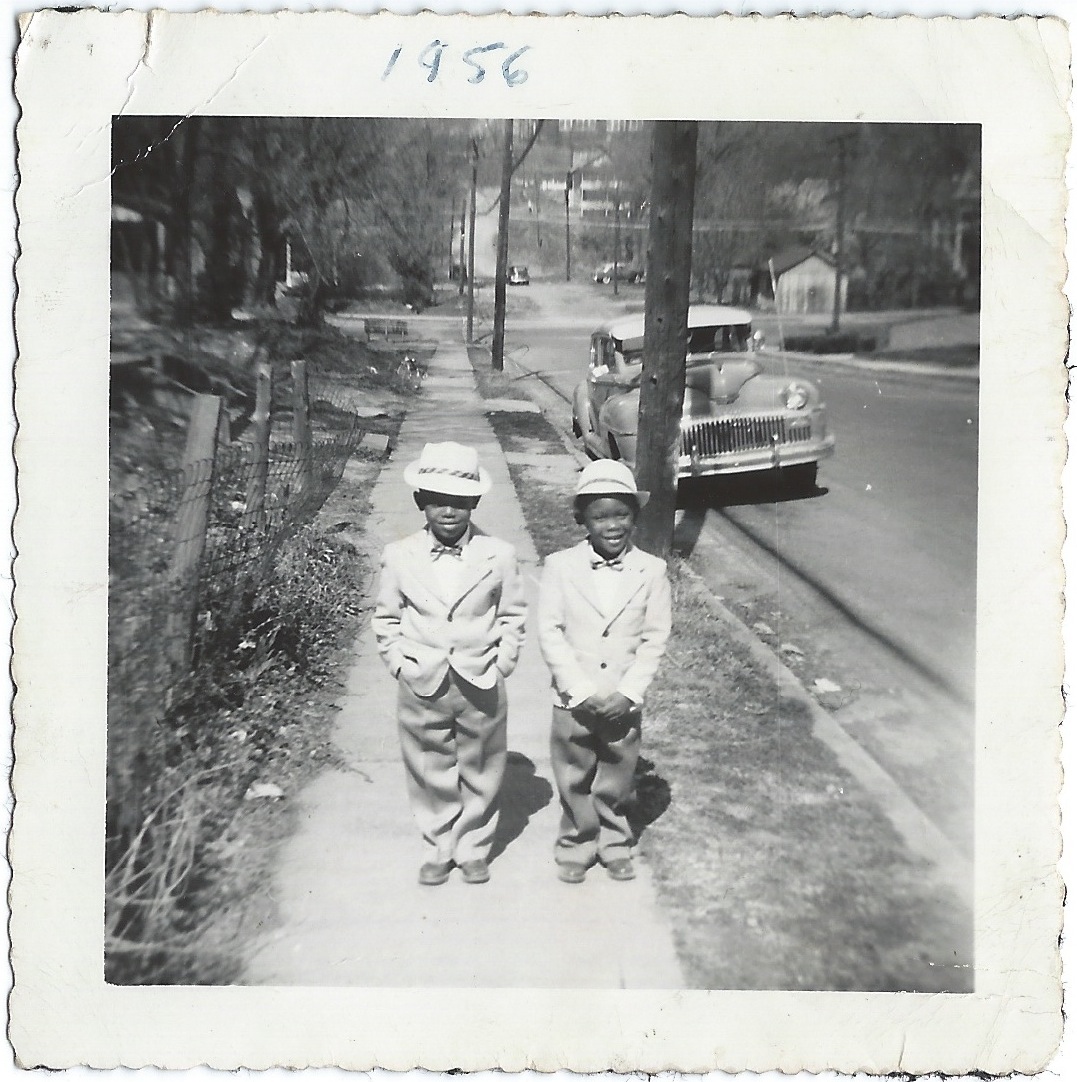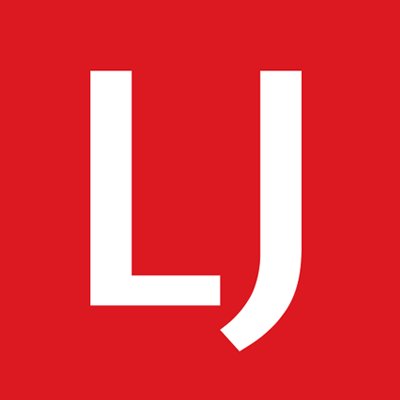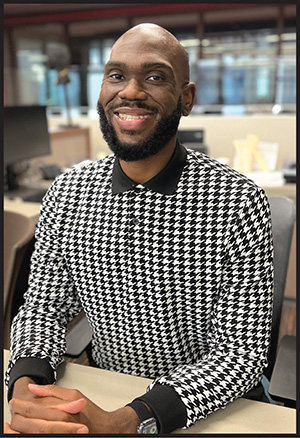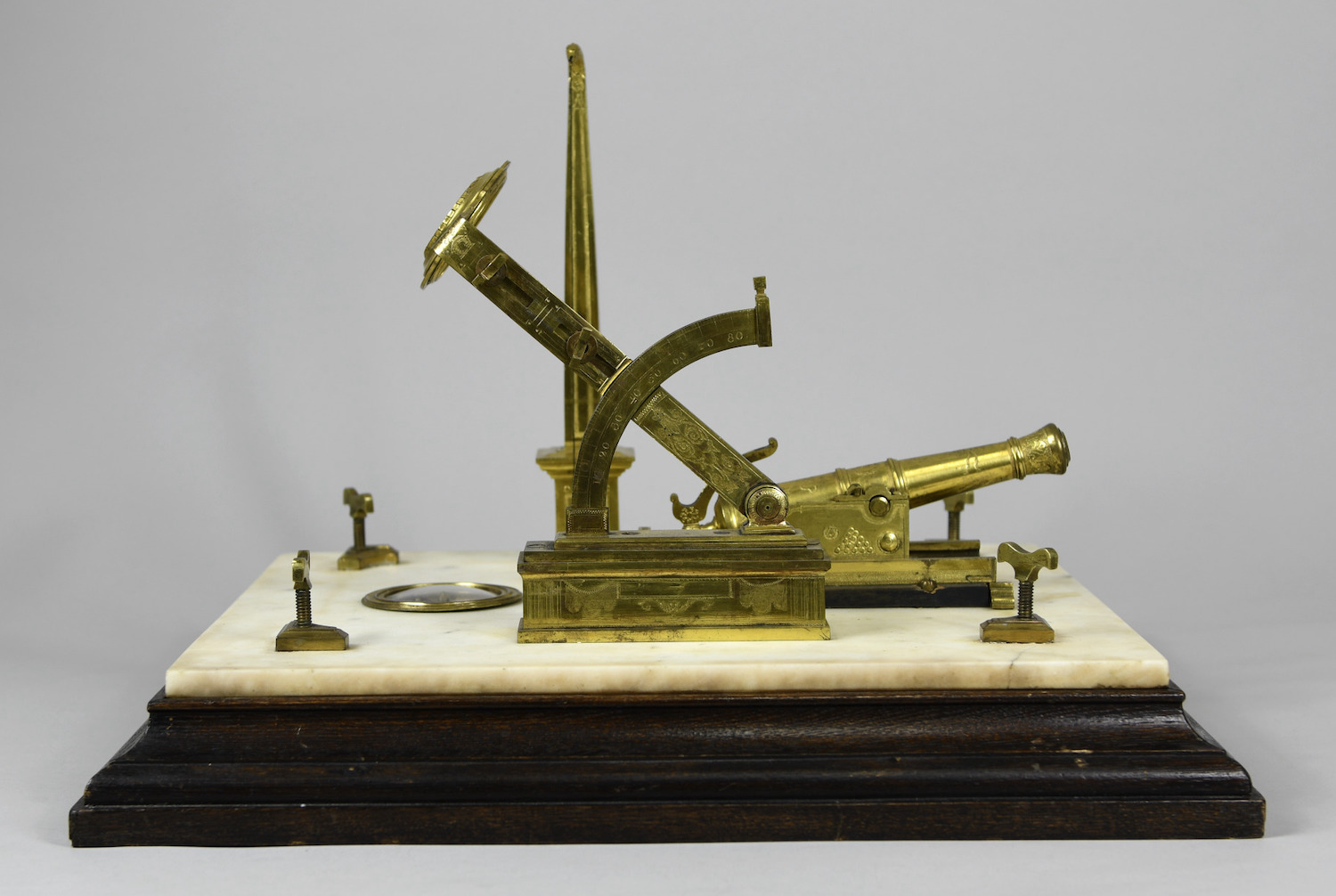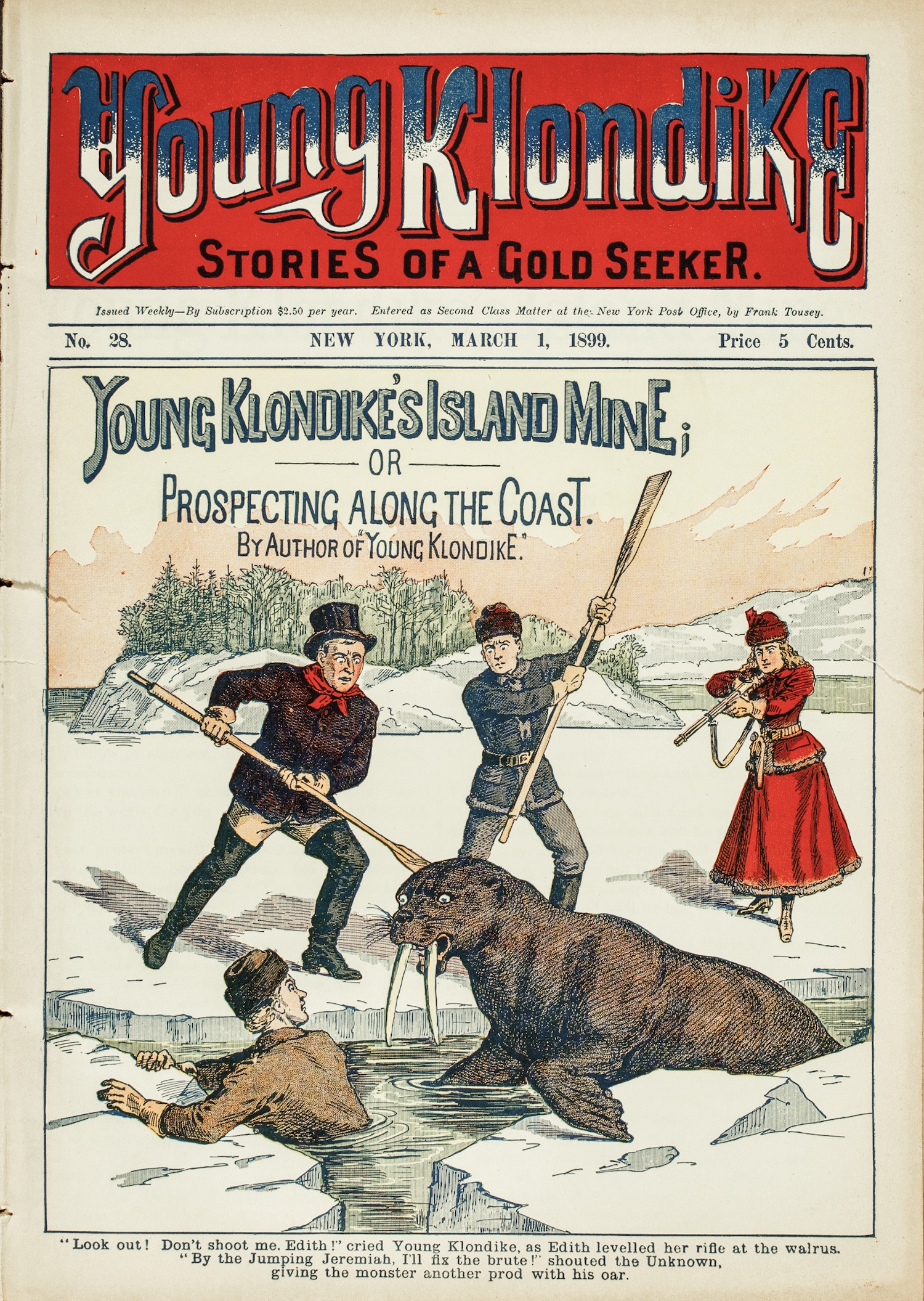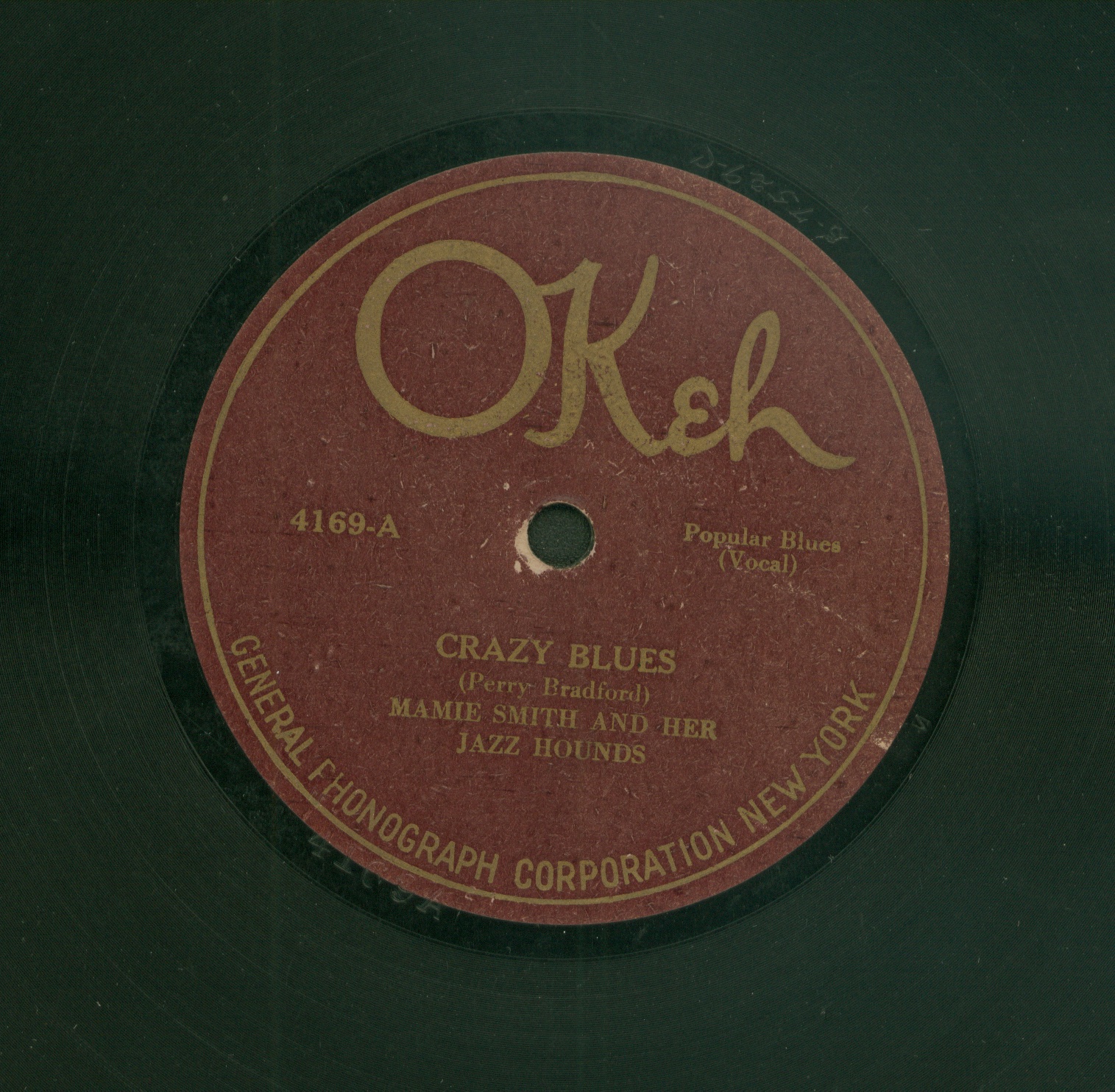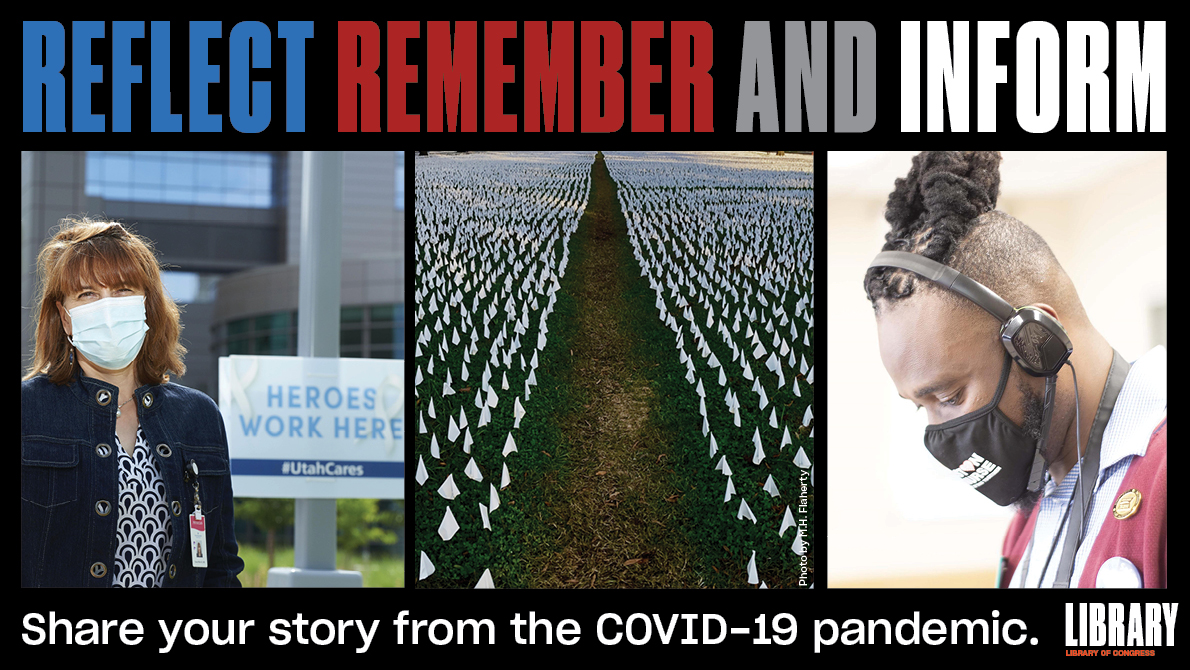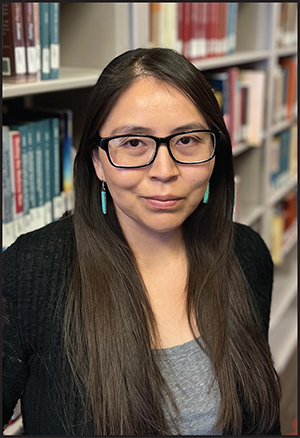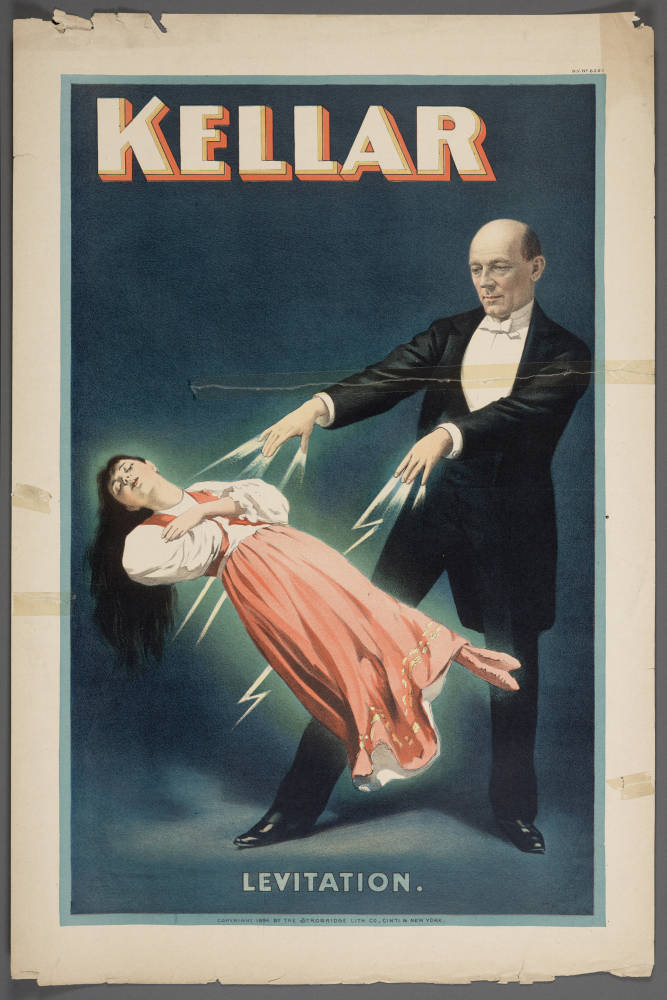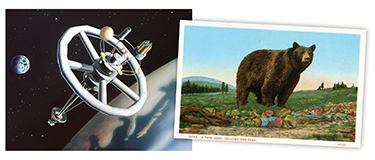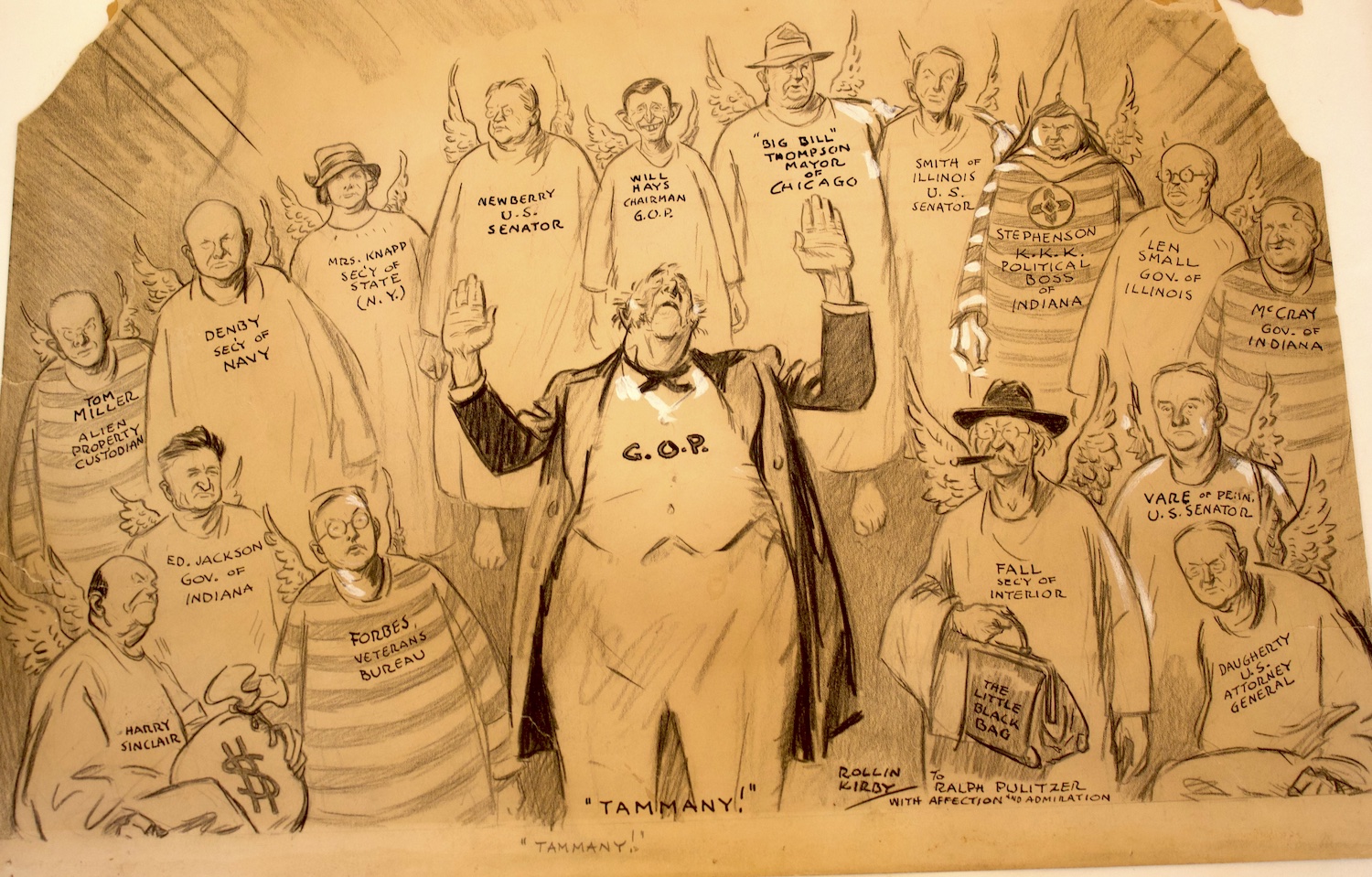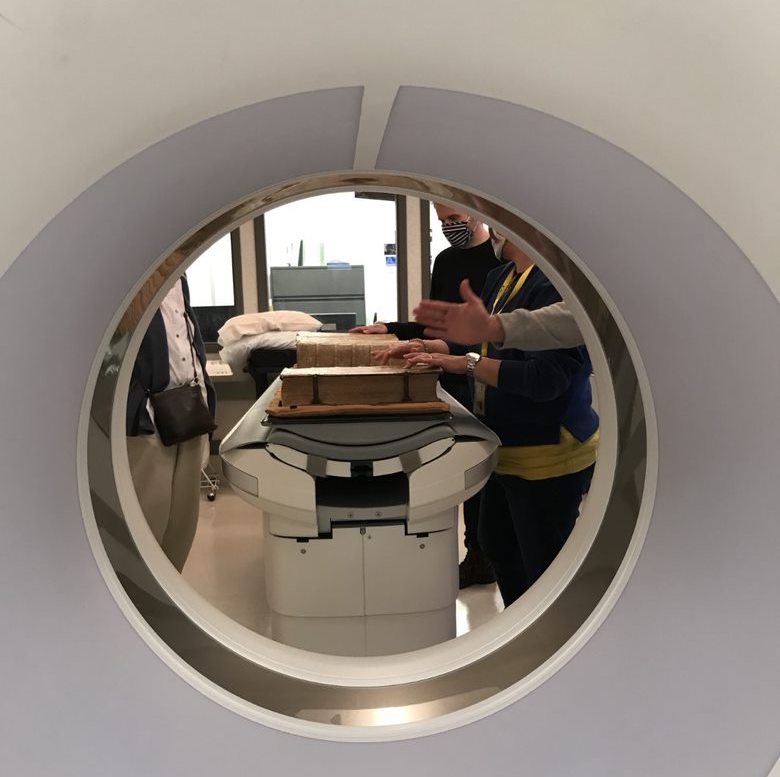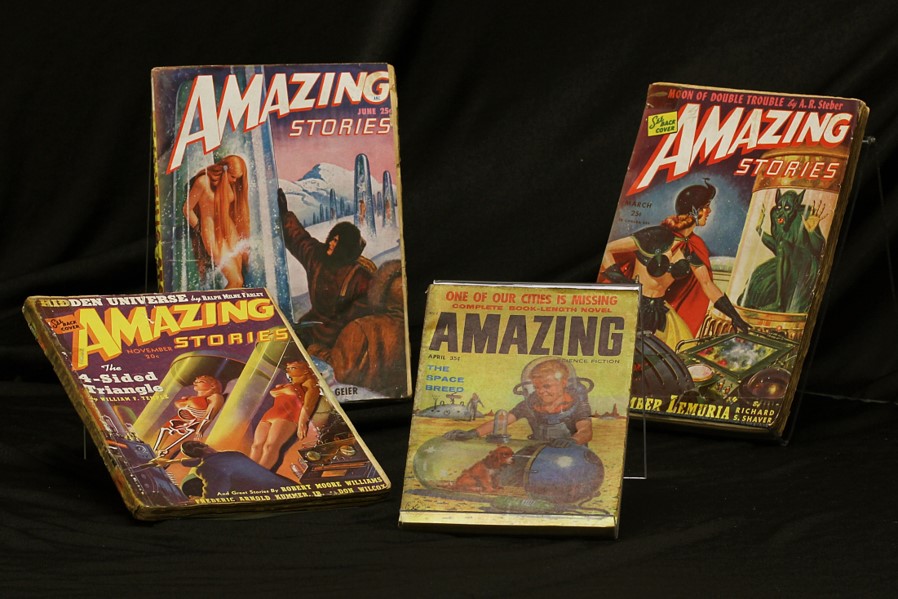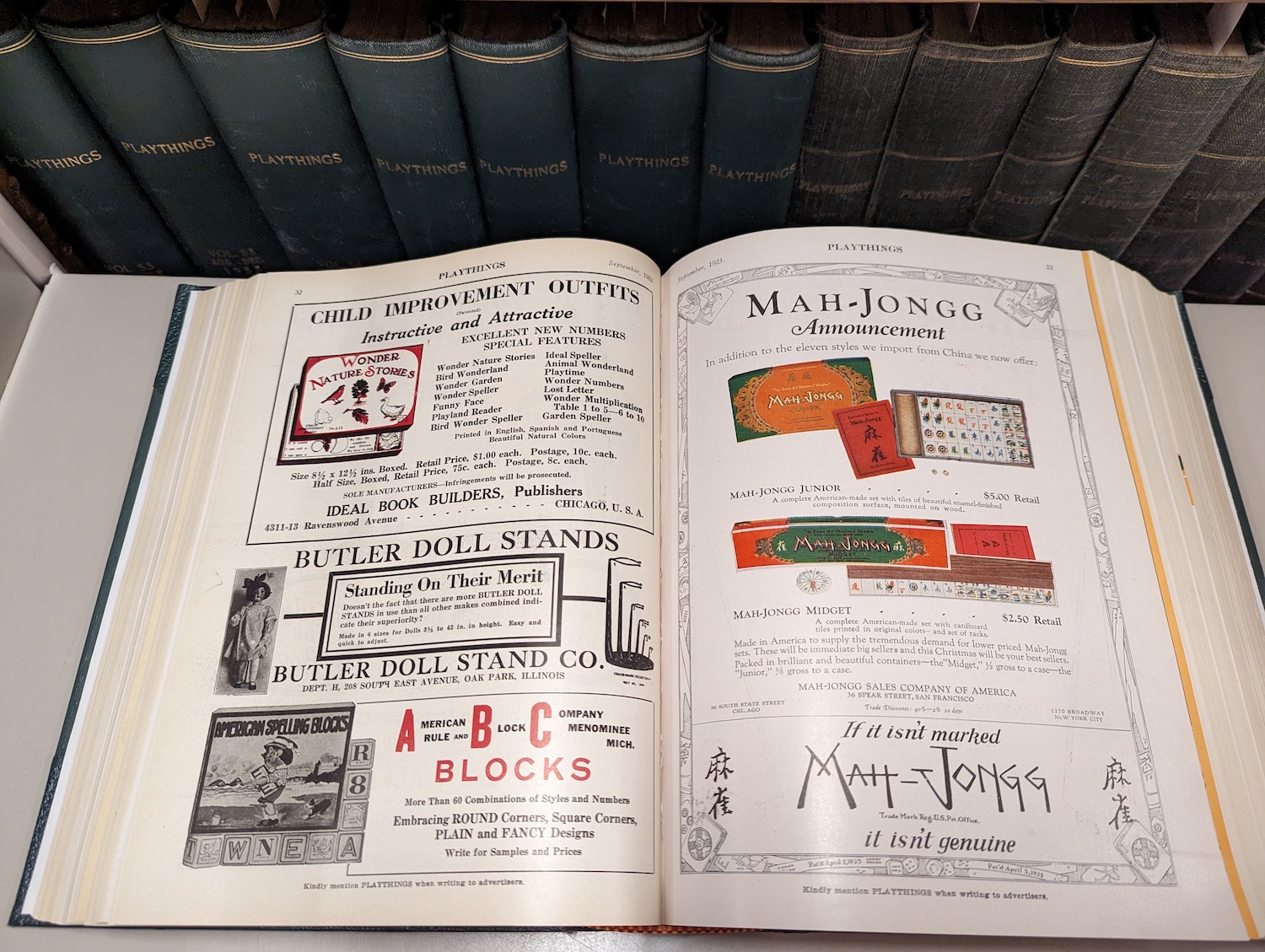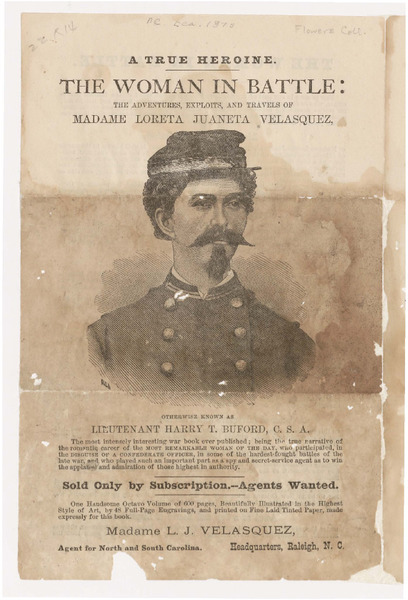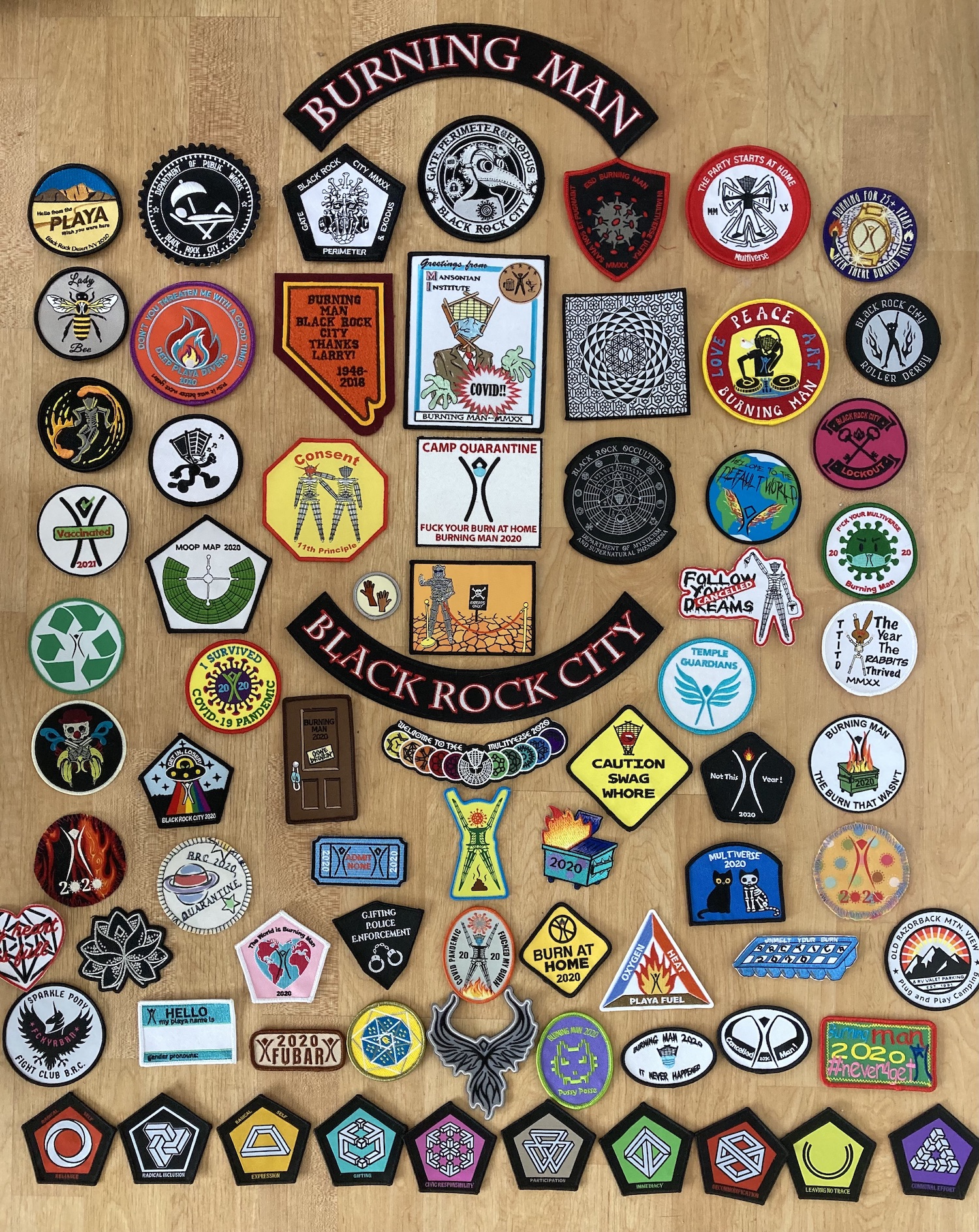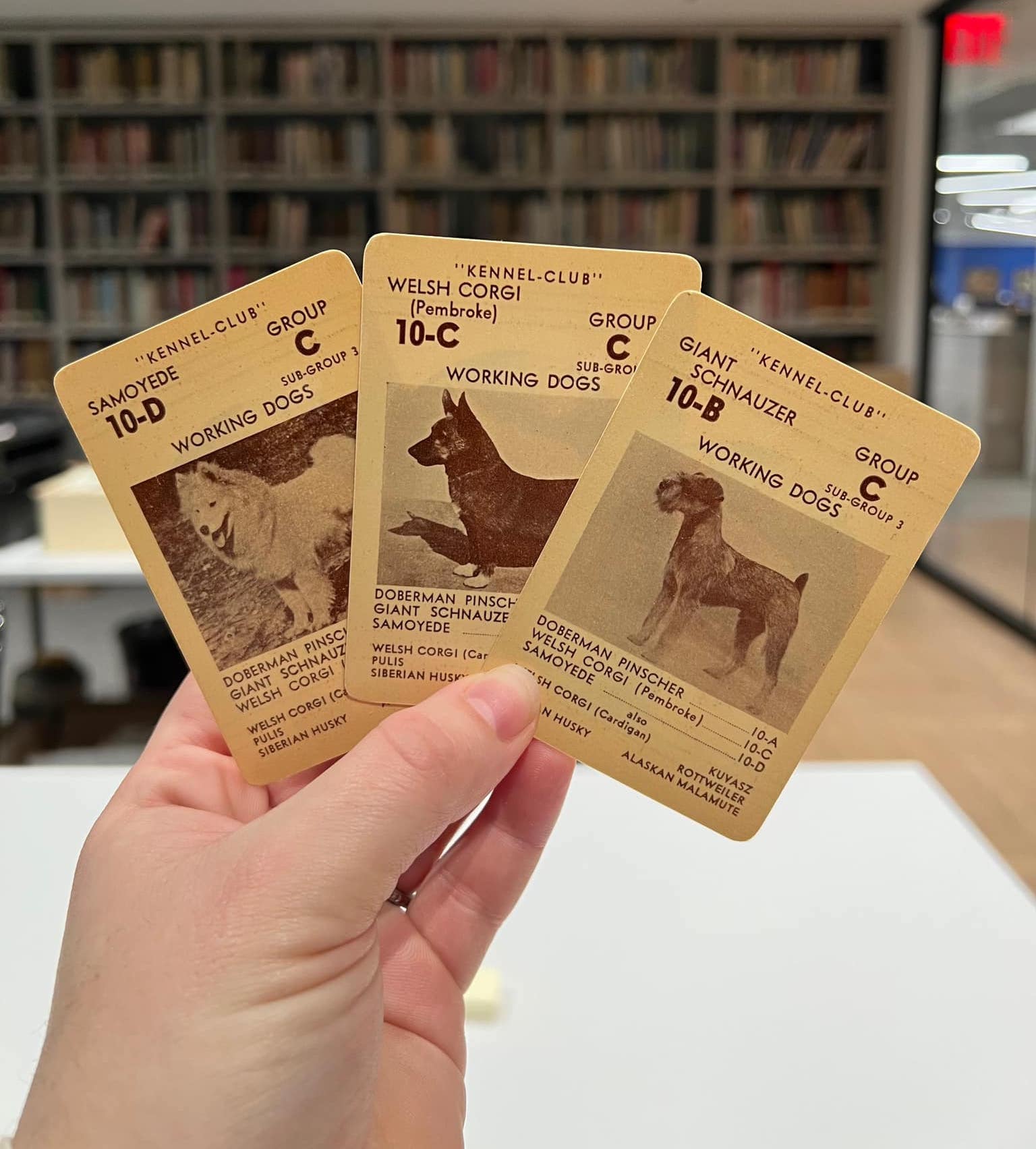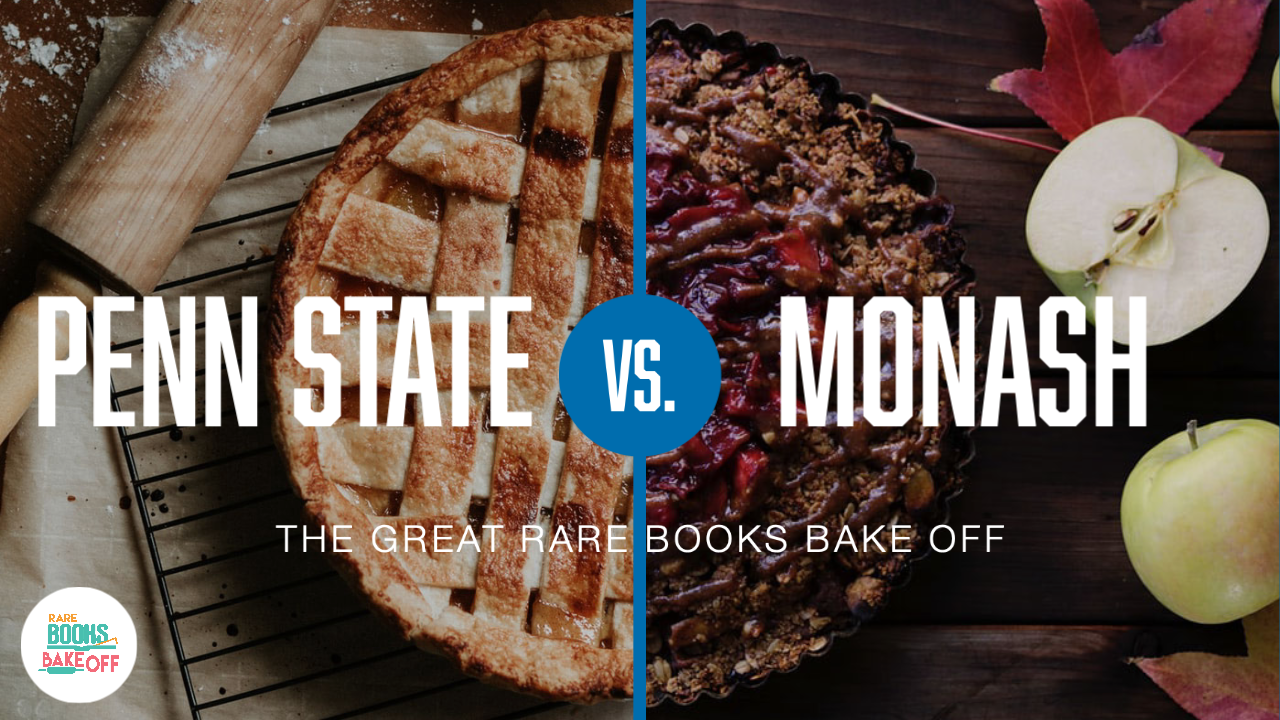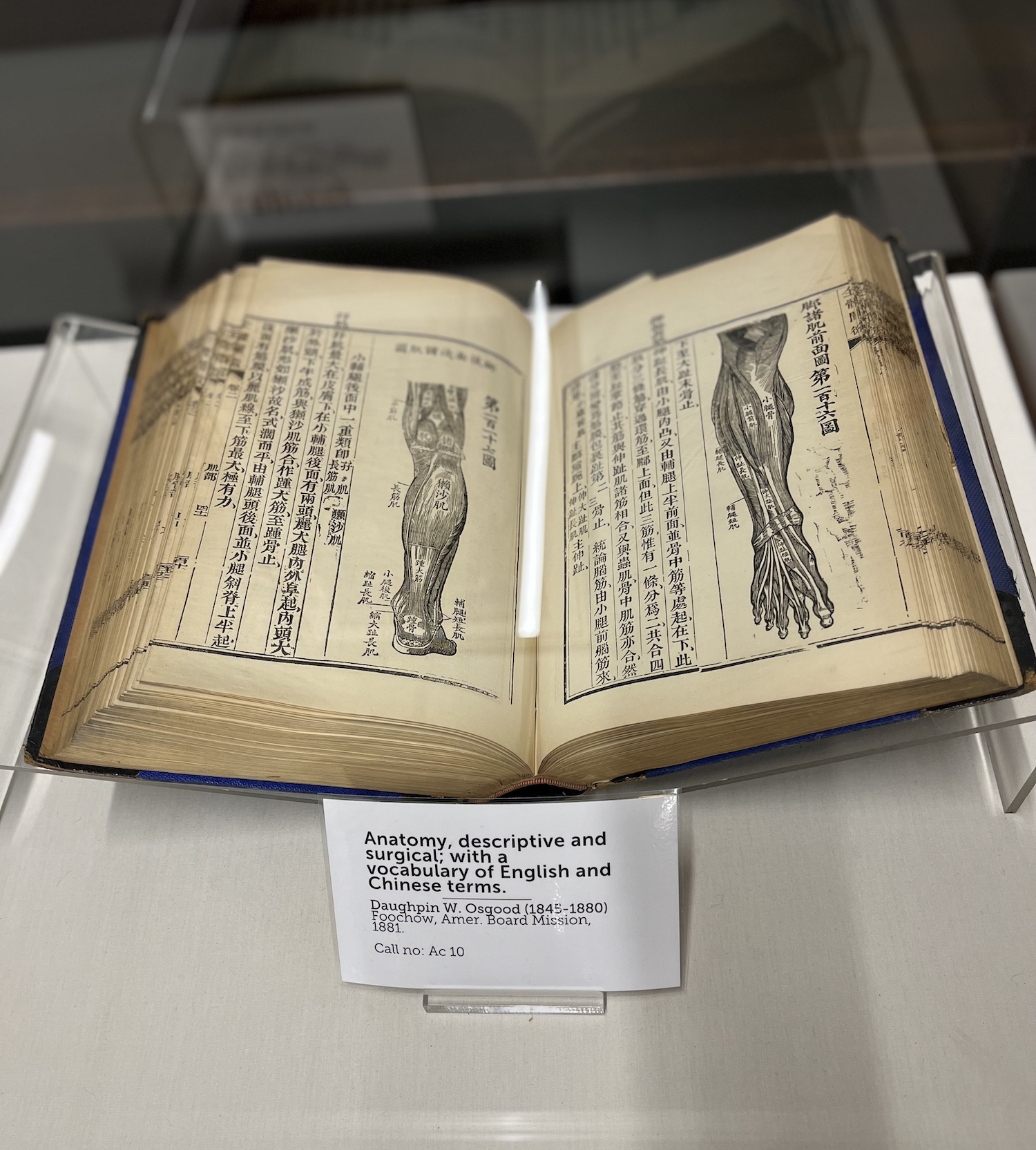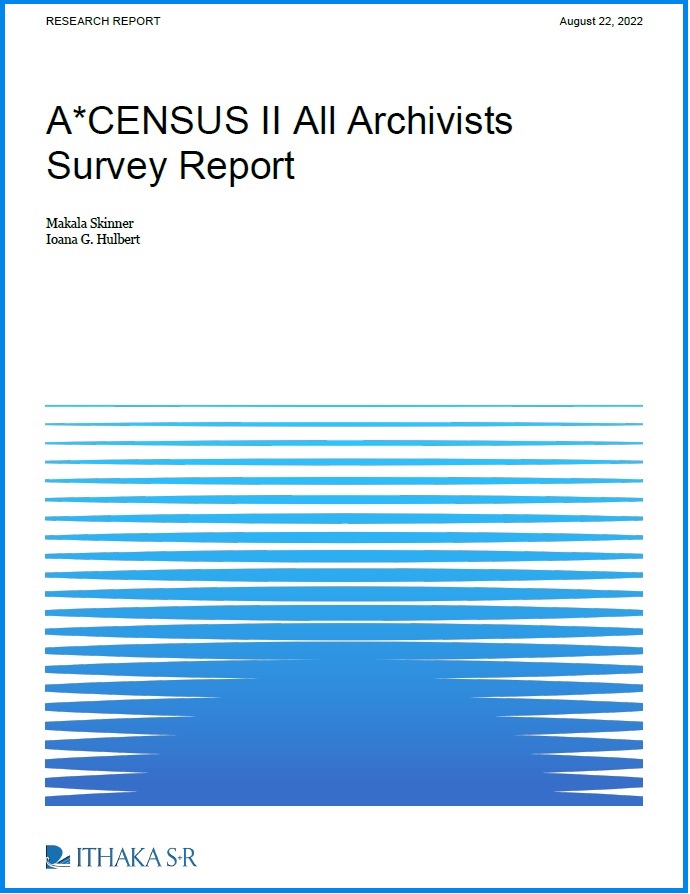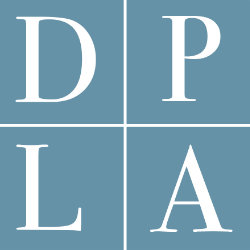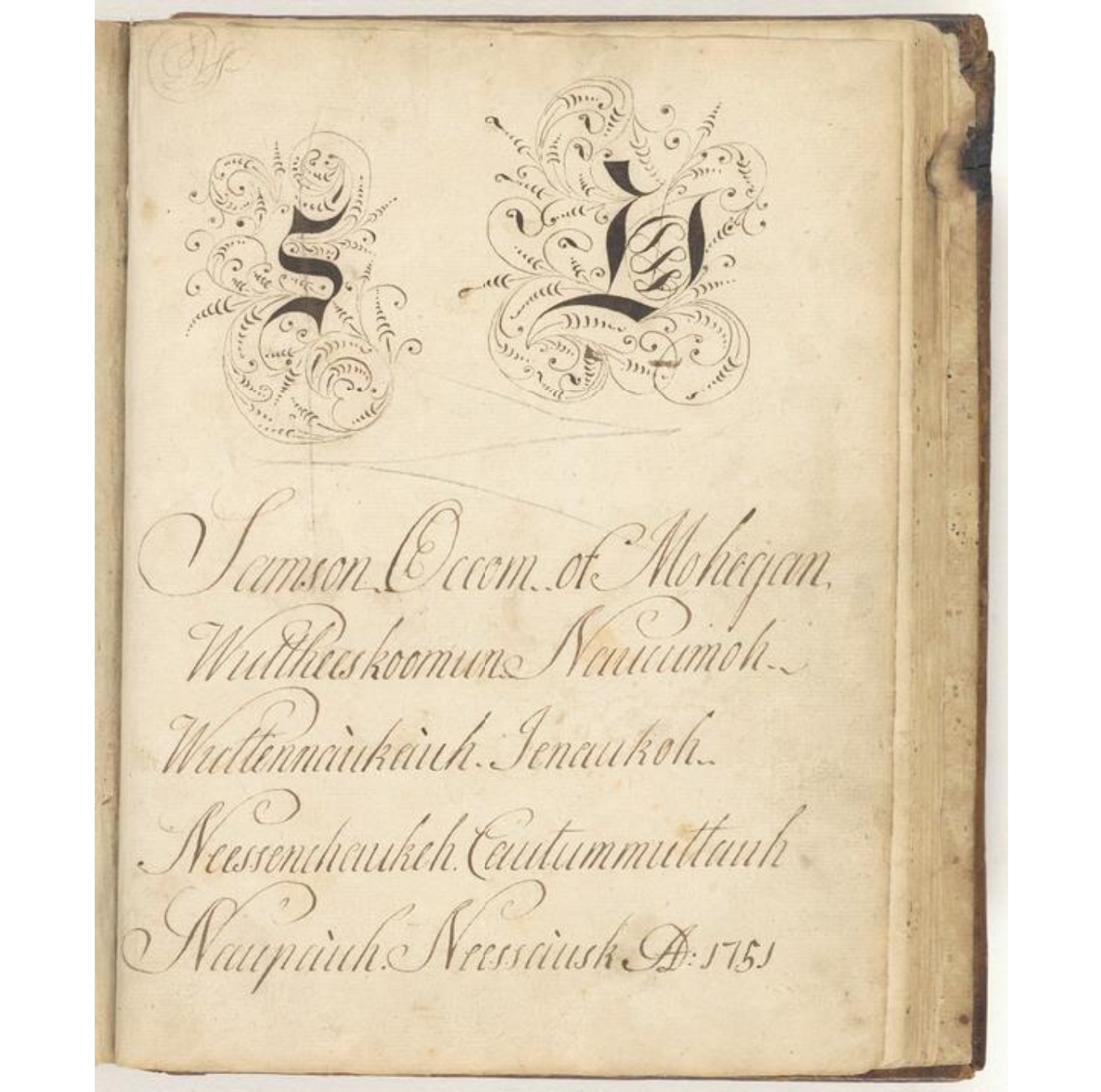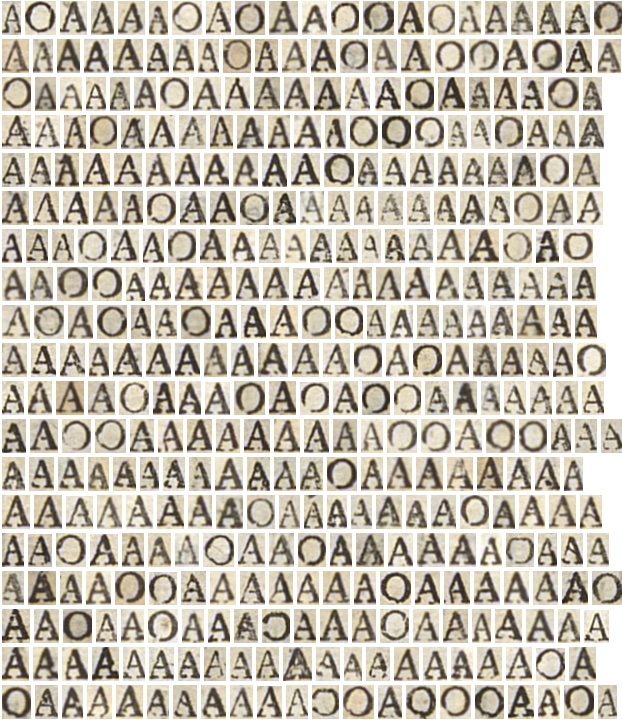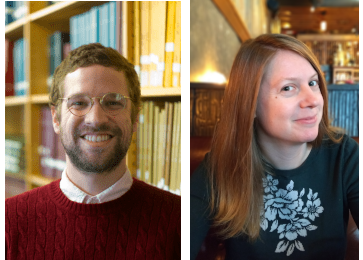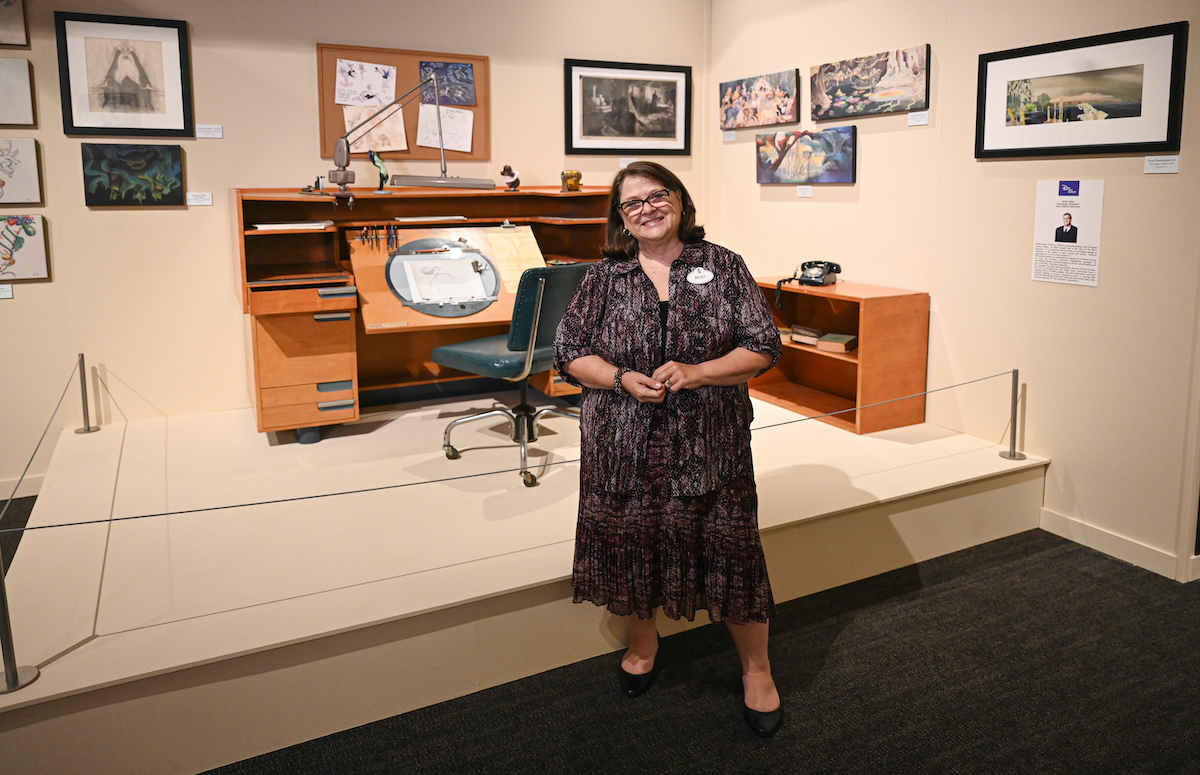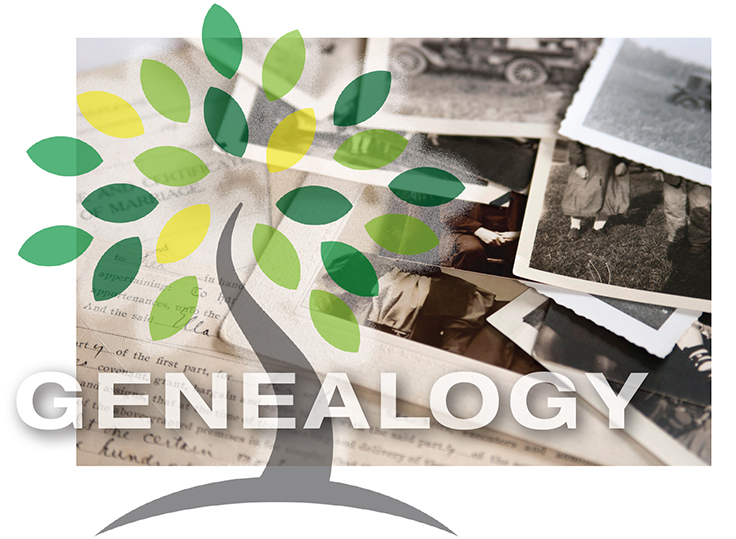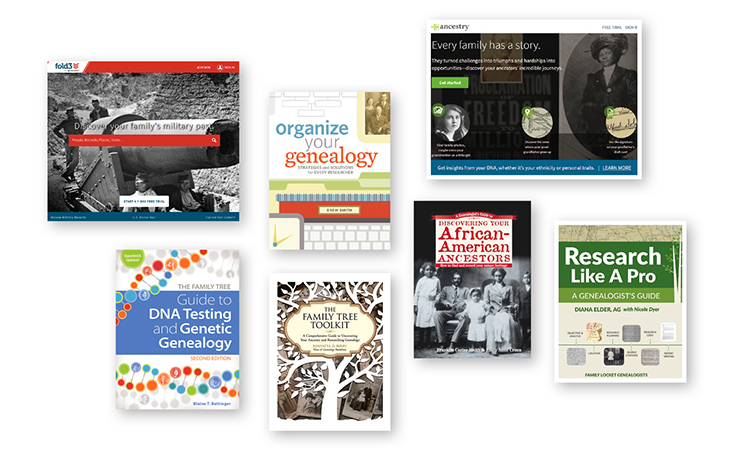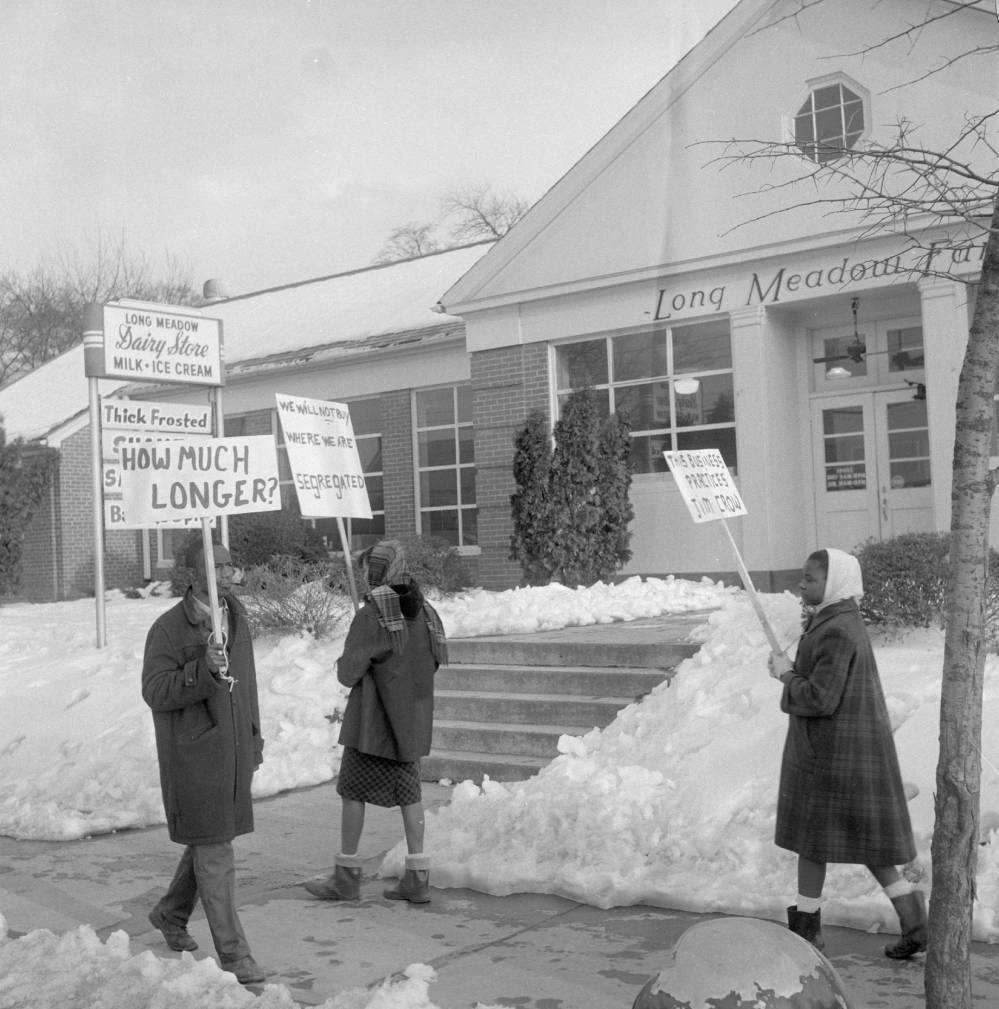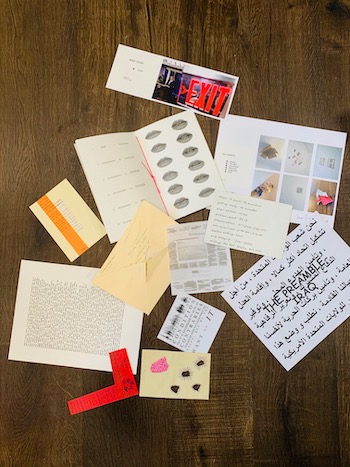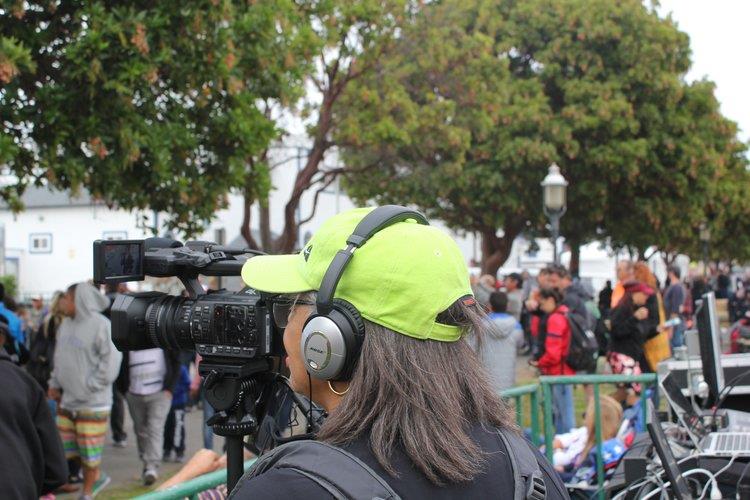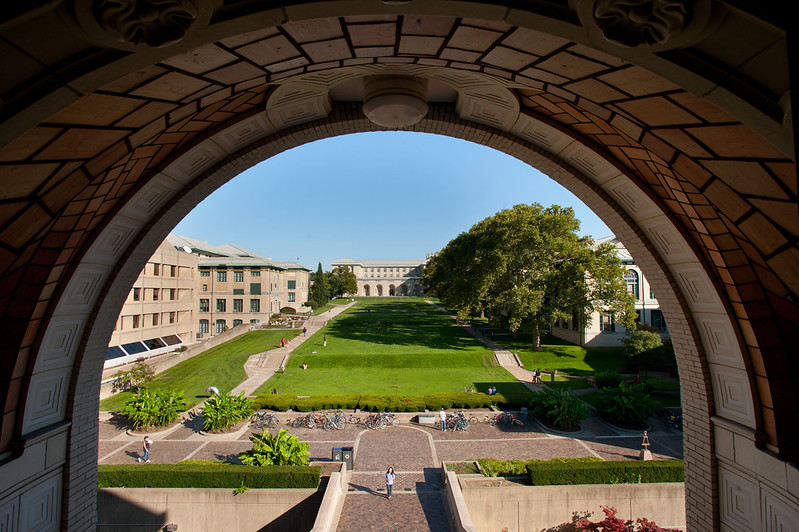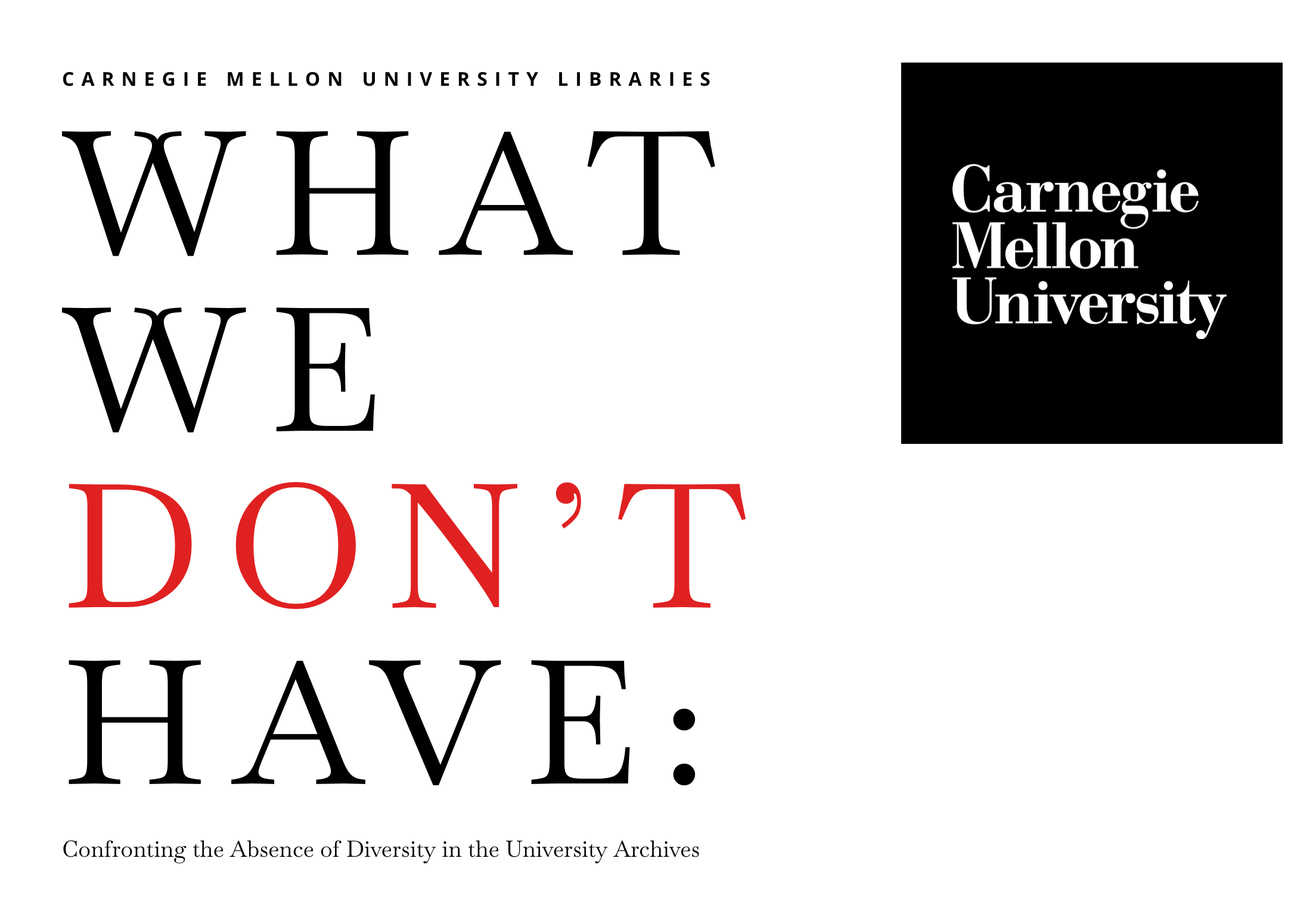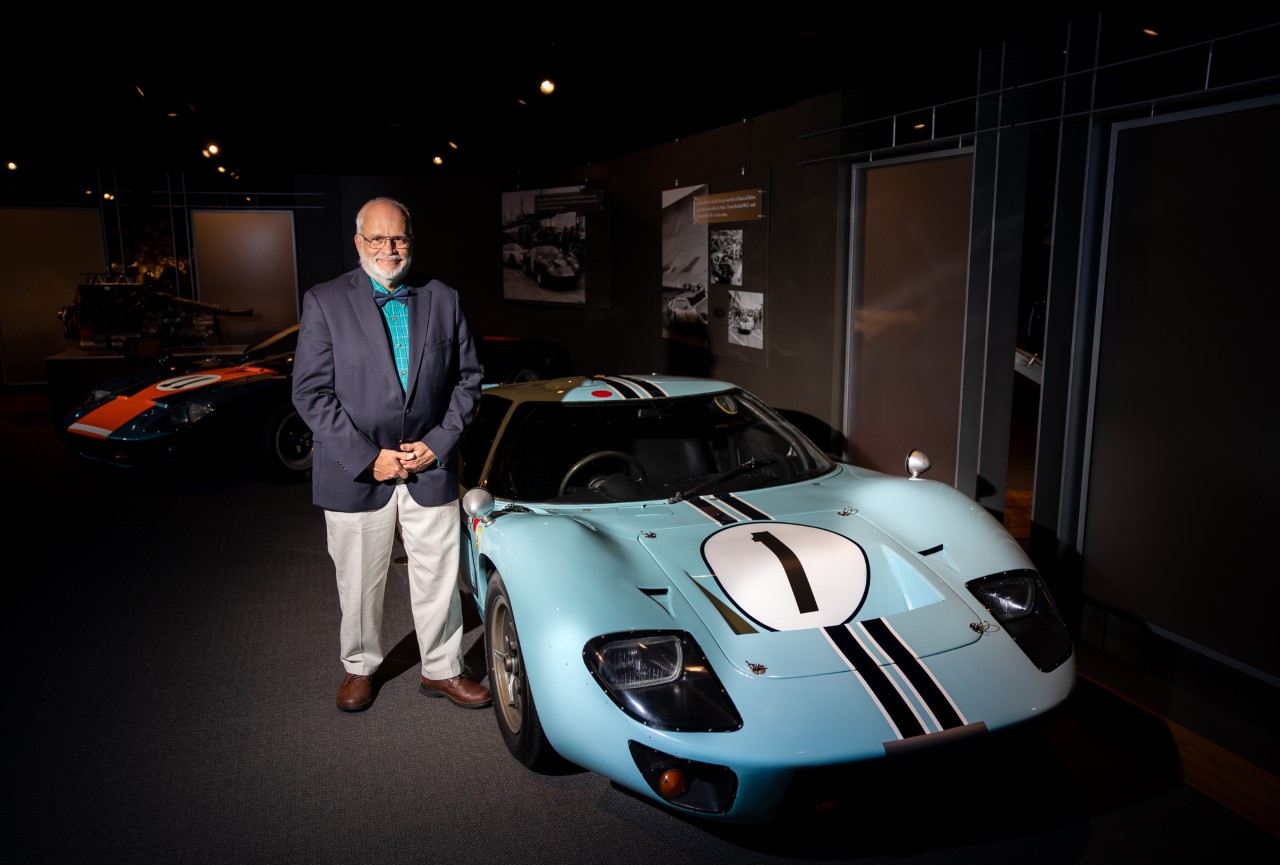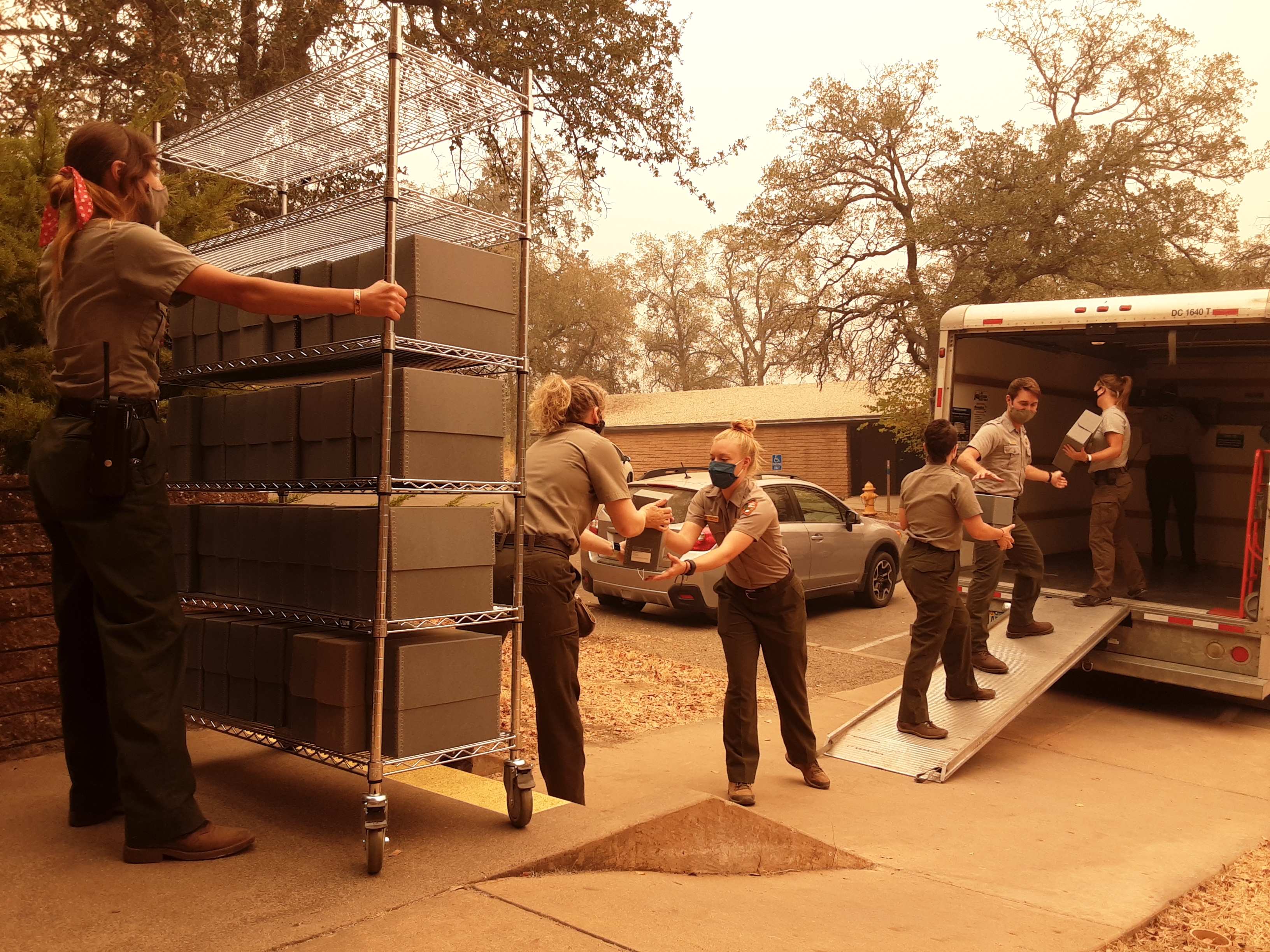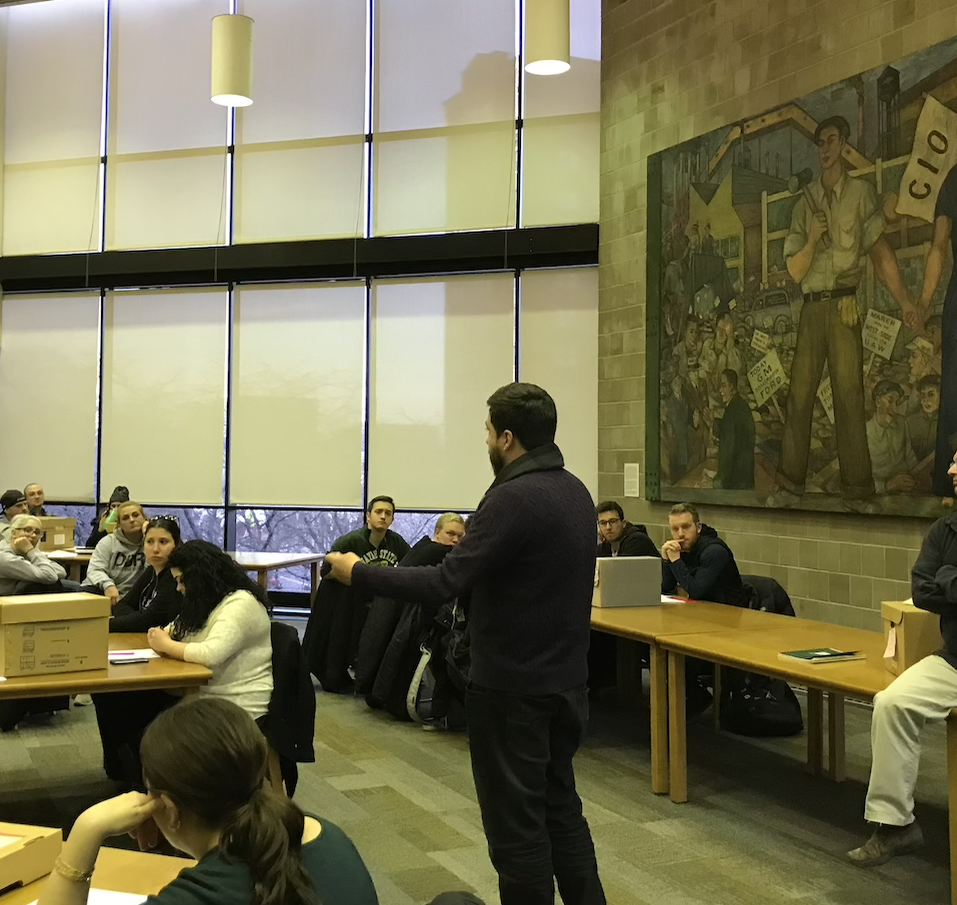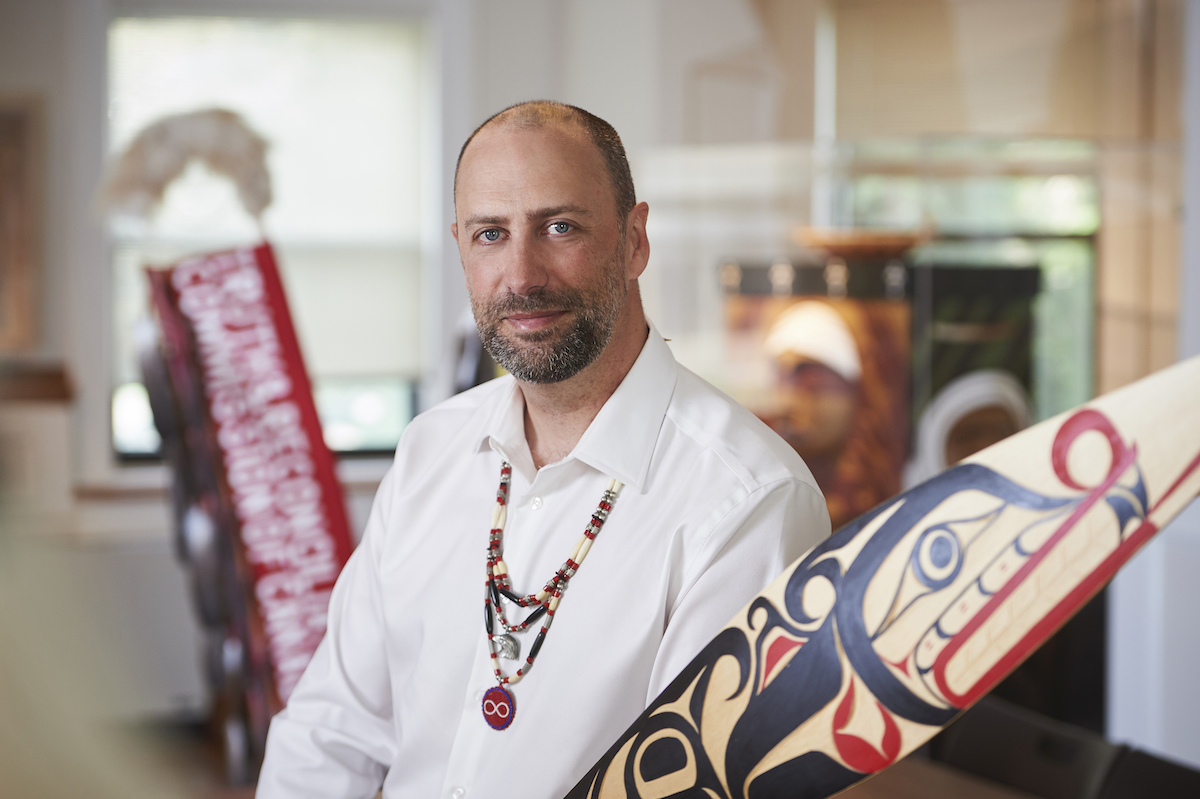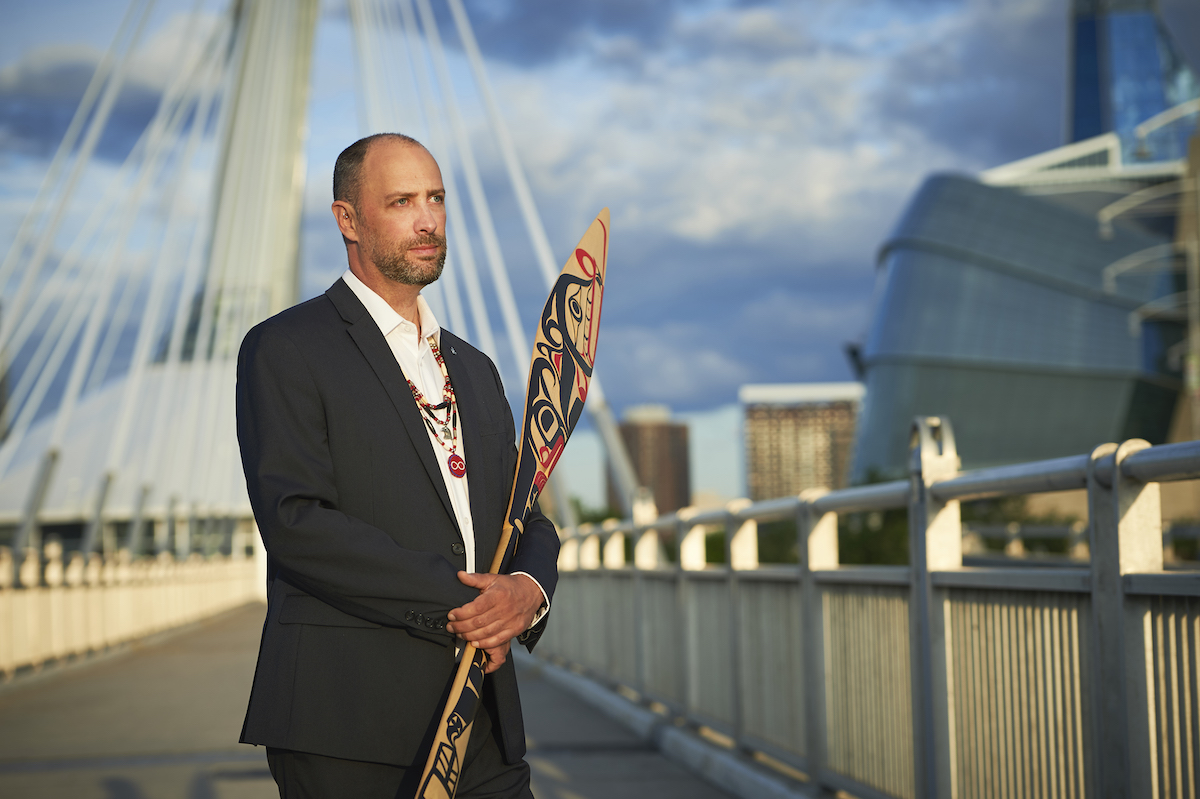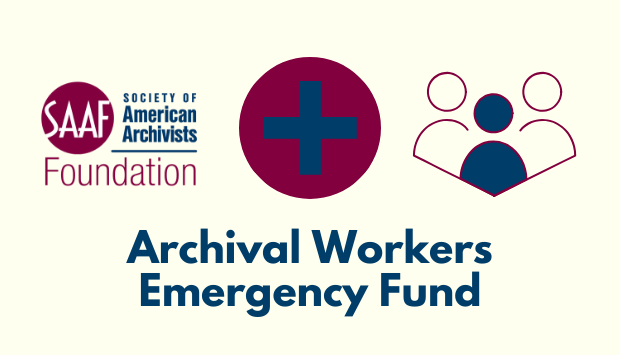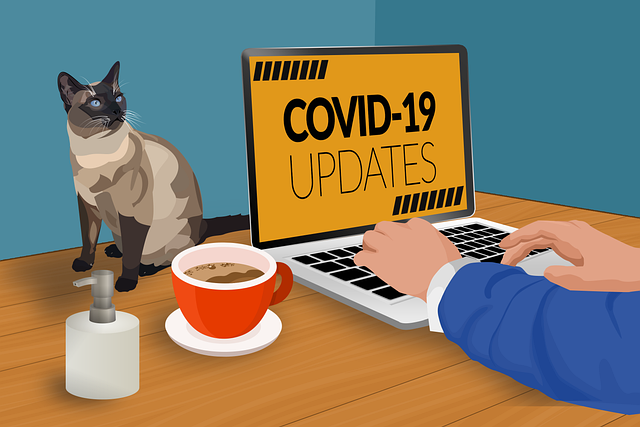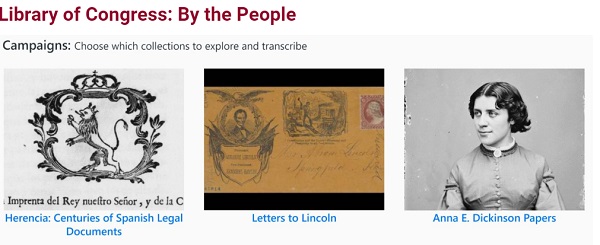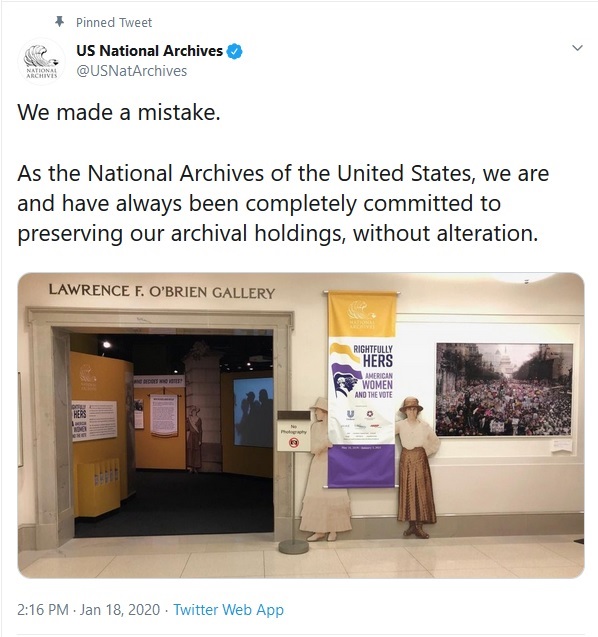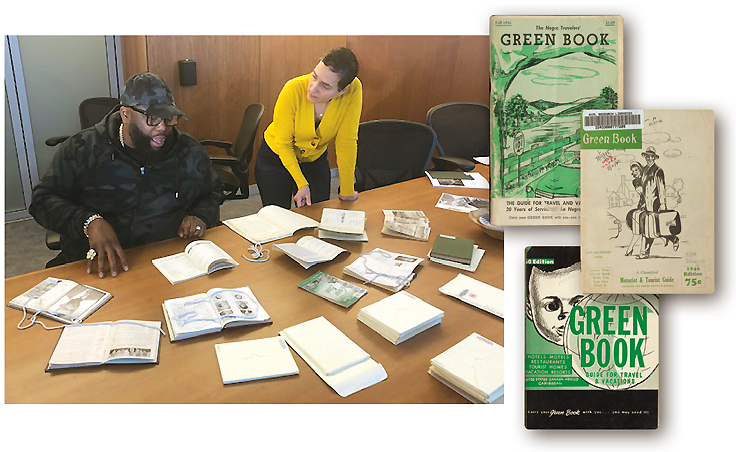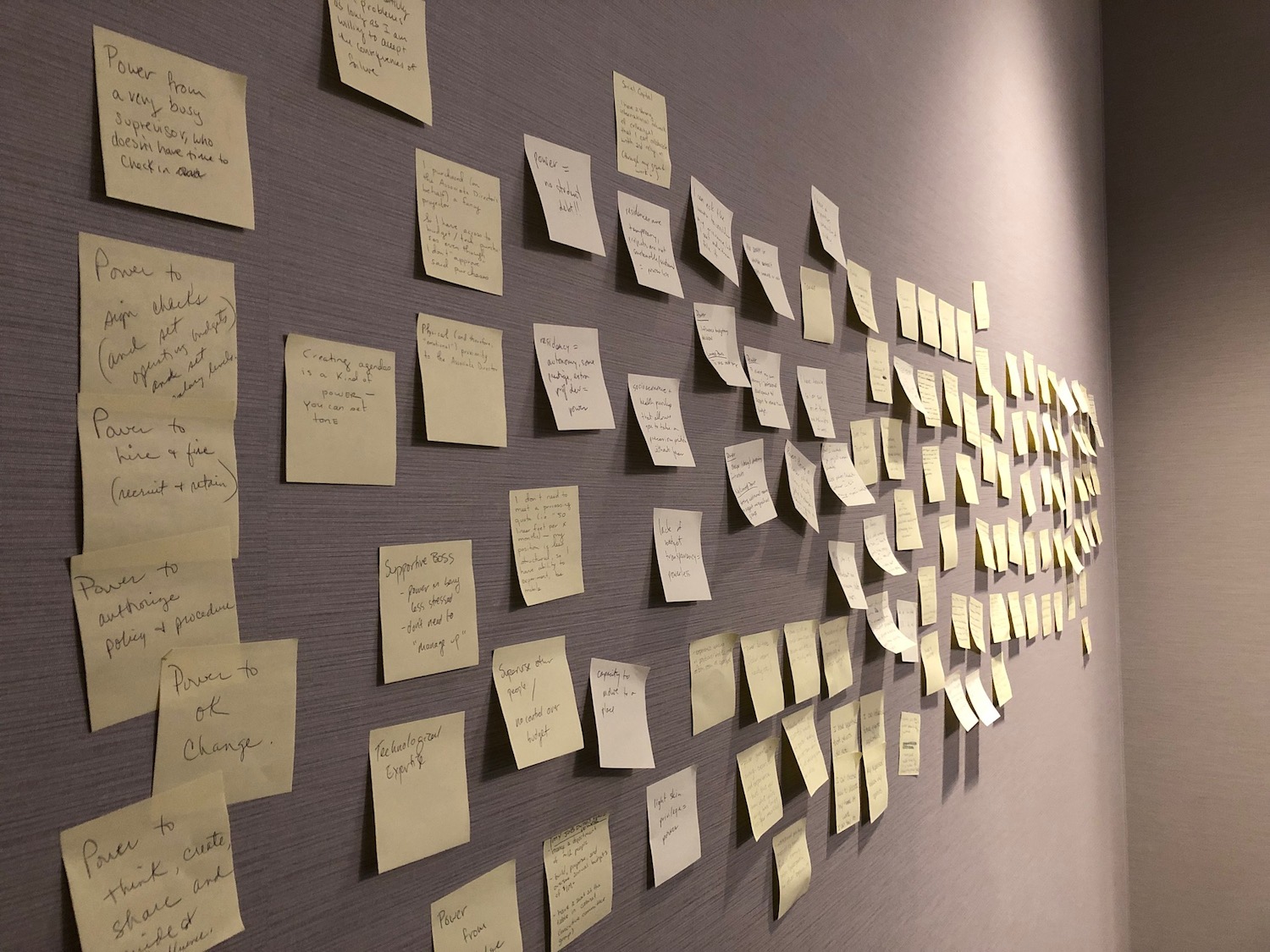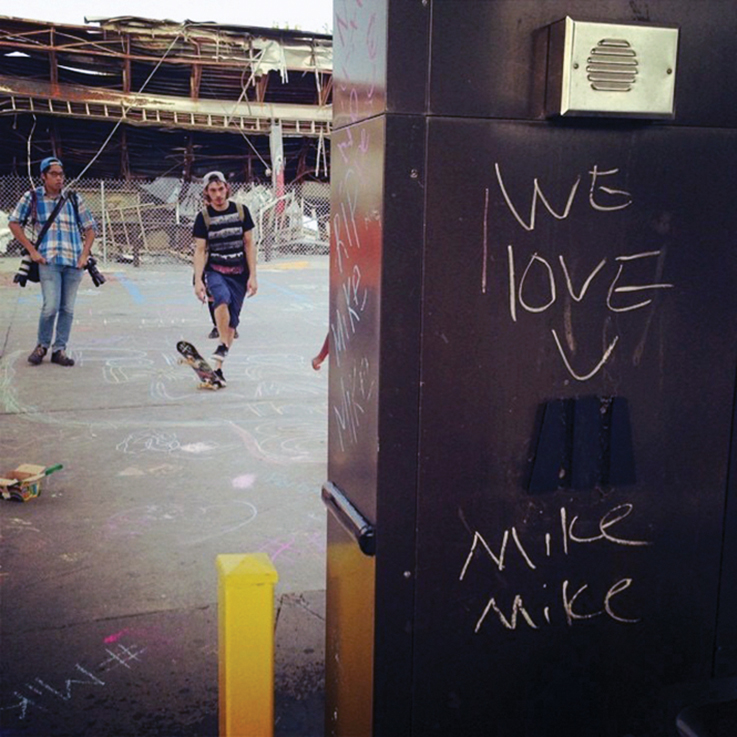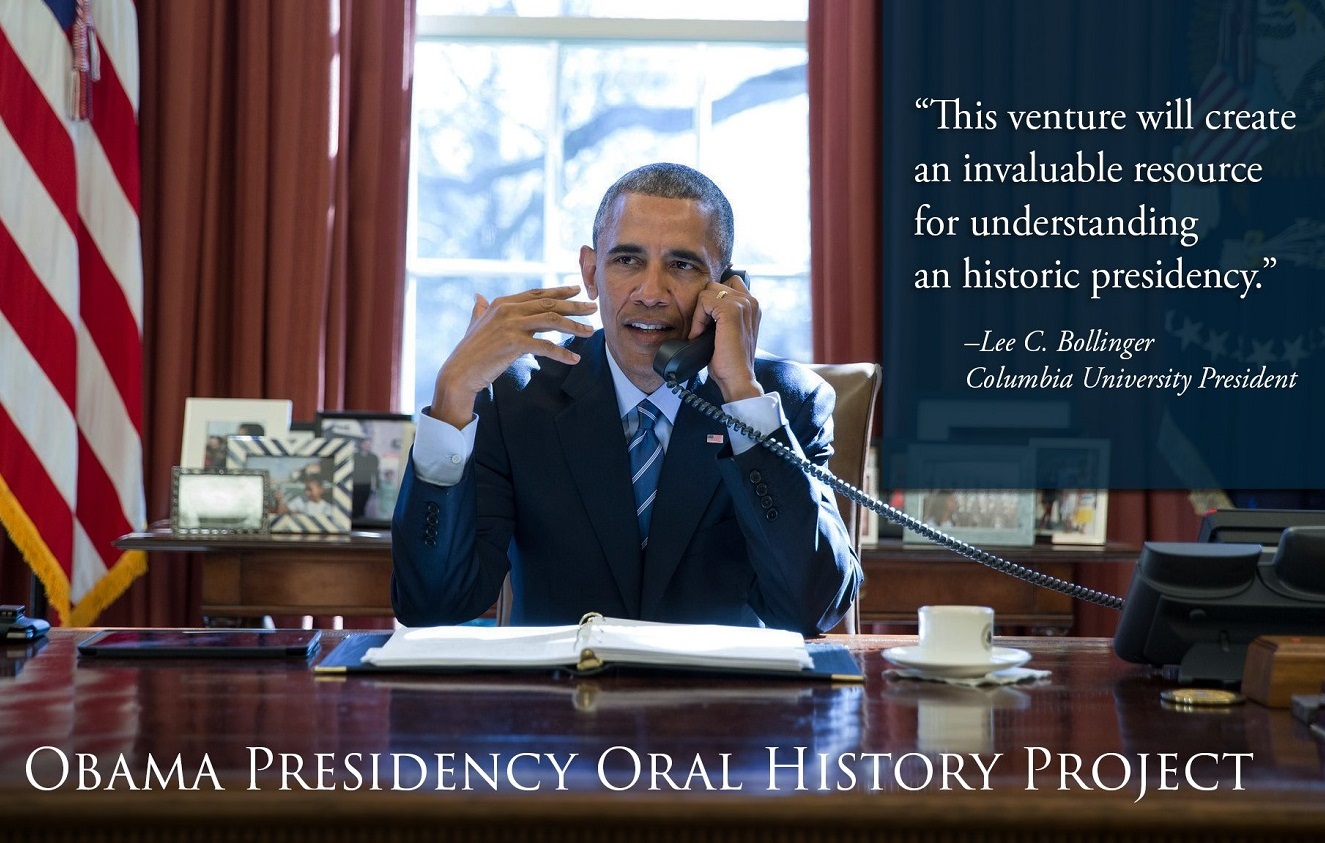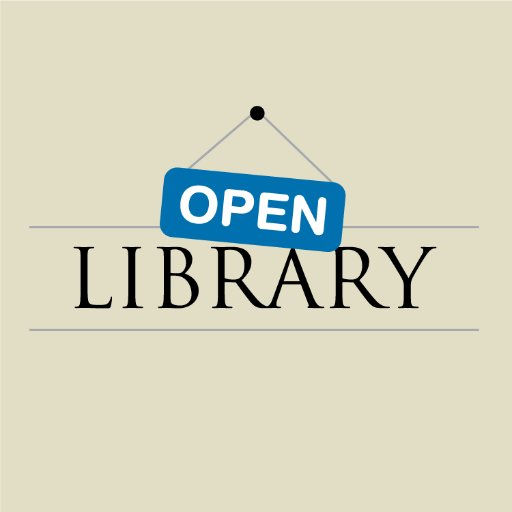Related
As Lorcan Dempsey, formerly with OCLC, observed in portal: Libraries and the Academy (2008), “discovery happens elsewhere”—that is, people are using internet search engines, recommendations from social media, or emails from friends and colleagues to discover content. Search can be a powerful tool, provided you know what you are looking for. Yet there are significant problems associated with the search process.
While there are many botanical gardens across the United States, only one has the distinction of being a tropical botanical garden chartered by the U.S. Congress: the National Tropical Botanical Garden, located in Kauaʻi, Hawaiʻi.
Dr. Colleen Shogan took the oath of office as the 11th Archivist of the United States—the chief administrator of the National Archives and Records Administration (NARA)—in May 2023, succeeding former Archivist David Ferriero. She is the first woman to permanently hold the role. LJ caught up with Shogan to hear about her national tour of presidential libraries, NARA’s stepped-up digitization efforts, and preserving the record of presidential cat Socks.
For fans of Herman Melville’s novel Moby-Dick, the name New Bedford, MA, may ring a bell, since it’s where Ishmael, the main character, signs up for the whaling expedition. The city is also home to the New Bedford Whaling Museum, which was founded as the Old Dartmouth Historical Society in 1903.
On November 2, 1929, at Curtiss Airfield in Valley Stream, NY, 26 female licensed pilots, mostly from the East Coast, gathered to form the Ninety-Nines, an organization dedicated to support and advance women in aviation. Famed aviator Amelia Earhart, the first president of the Ninety-Nines, came up with the name in honor of the 99 charter members. Almost 95 years since its founding, the Ninety-Nines has about 7,000 members in 44 countries.
In recent years, the scholarly nonprofit Ithaka has prioritized advancing diversity, equity, and inclusion (DEI), both within the organization and in its outward-facing work. As that process evolved, Kate Wittenberg, managing director of Ithaka’s digital preservation service, Portico, saw that its archival conservation mission aligned in many ways with social justice ideals. In summer 2021, she began to identify underrepresented community collections that might be at risk without a preservation strategy, and in 2023 Portico launched a pilot project connecting the curators of those archives to its expertise and resources.
Fifty-seven percent of academic libraries report that the use of audiovisual (AV) sources such as news reels, recordings, performances, and films have increased over the past three years—with 21 percent describing significantly increased usage—while only 15 percent say that use of these resources have decreased, according to Library Journal’s recent AV Primary Sources Survey of Academic Libraries, sponsored by AM, that netted 220 responses from academic librarians in the United States and Canada. Thirteen percent of respondents said that college and university students now prefer AV primary source materials, compared with 18 percent who prefer print and other archival primary source materials.
As an archivist and division manager at Auburn Avenue Research Library on African American Culture and History, Derek Mosley sees his work as an opportunity to preserve the stories of everyday people, ensuring that diverse records fill our cultural context and contributing to a more extensive portrait of African American life.
Chicago’s Adler Planetarium, which opened on May 12, 1930, is the oldest planetarium in the Western Hemisphere, and holds one of the largest collections of historic scientific instruments in the world, as well as rare books, manuscripts, archival materials, models, and photographs. Max Adler, the institution’s namesake, purchased and donated the initial collection of instruments, which included sundials, astrolabes, telescopes, and a projector.
It sounds like a story from Jack London or Jon Krakauer: In 1966, two men traveled down the Yukon River in Alaska by canoe to recover papers from abandoned cabins. Paul McCarthy and H. Theodore “Ted” Ryberg were concerned that the generation of former gold miners who came to Alaska in the late 19th century were dying off, and they wanted to preserve that piece of Alaska history. Those explorations would prove pivotal to the Alaska and Polar Regions Collections & Archives formally founded by McCarthy in 1965 at the Elmer E. Rasmuson Library at the University of Alaska, Fairbanks.
Since its founding in 1984, the University of Mississippi’s Blues Archive has collected virtually everything related to the Blues, from sheet music, concert tickets, and recordings to record label business files and even clothing. Thanks to a website revamp and a multiyear grant from the National Historical Publications and Records Commission (NHPRC) to digitize materials, this year the archive is starting its 40th anniversary in style.
On January 22, the Library of Congress (LOC) announced the launch of the COVID-19 Archive Activation website, an online tool created in collaboration with national oral history nonprofit StoryCorps, which will allow members of the public to submit audio accounts of their pandemic experience. Anyone wishing to share their story or interview others can take part. These oral histories will become part of LOC’s American Folklife Center collections and be made accessible at archive.StoryCorps.org.
Rhiannon Sorrell, assistant professor and instruction and digital services librarian at the Kinyaa’áanii Charlie Benally Library at Diné College in Arizona, was named a 2023 Library Journal Mover & Shaker for her work preserving and digitizing Native films and storyteller narration. We recently spoke with Rhiannon to find out more about what she’s working on.
Magic tricks may be momentary, but the annals of performance magic leave a record, commenting on and reflecting the political, cultural, social attitudes of their day. Two collections, the University of Texas at Austin Harry Ransom Center’s Magic and Illusion collection and the American Museum of Magic’s Archives and Library, hold a wealth of information about magic and performers, with a focus on the 19th and 20th centuries.
Digitization projects in Maryland, Montana, and Houston, TX, present a glimpse of current trends in digital archives, as state and city libraries work to create collections that reflect local and regional history.
From the first known caricature of Abraham Lincoln to a Pulitzer Prize–winning cartoon satirizing the Tammany Hall political machine, the Michael and Susan Kahn Political Cartoon Collection, now at UCLA, contains thousands of individual images, periodicals, books, and ephemera dating back to the late 17th century.
Since founder and president David Isay conceived of StoryCorps in 2003, the organization has recorded over 356,000 interviews with over 640,000 people in all 50 states, in over 50 languages, with the archive housed at the American Folklife Center at the Library of Congress.
Often, medieval book bindings—as many as one in five from the 15th and 16th centuries—are reinforced with fragments of pages from older printed volumes that bookbinders considered obsolete. Without the option of dismantling precious books to reveal the fragments, specialists turn to x-ray technology to reveal words that have been hidden from view for hundreds of years. A team at the University of Iowa recently used familiar medical technology—a computerized tomography (CT) scanner—to do just that.
While many library collections and archives start with a gift of materials from a donor, sometimes a collection originates with a forward-thinking librarian and curator. Thanks to Hal W. Hall, special formats librarian at Texas A&M University (TAMU) Library from 1970 to 2010, TAMU is now home to the Science Fiction and Fantasy Research Collection at Cushing Library.
When the Strong National Museum of Play opened its doors in 1982 in downtown Rochester, NY, it was built around the collections of Margaret Woodbury Strong (1897–1969), who had spent a lifetime collecting household objects—particularly those related to play, such as dolls and dollhouses. The museum’s initial mission was “to document everyday life in the northeastern United States between 1840 and 1940, which was essentially the impact of industrialization on the rising middle class.” In 2003, the museum refocused on play, play-centered objects, childhood, and education.
The Digital Transgender Archive (DTA), based at Northeastern University in Boston, has been bringing together transgender archival materials from institutions of higher education and grassroots collections to a central digital location since 2016. Seven years in, the DTA has collaborated with 76 organizations (with more likely to come on board) to build the archive with more than 10,600 items from around the world, focusing on materials originating prior to 2000.
While it may seem counterintuitive for an event that asks participants to leave no trace to maintain an archive, the collection’s development grew out of Burning Man’s core principle of gifting. People have given artwork, photographs, and more to the archive, housed in the offices of the nonprofit Burning Man Project in San Francisco.
The American Kennel Club (AKC) Library and Archives has been collecting practically everything dog-related, with a significant focus on purebred dogs, since 1934. For its 138th anniversary last fall, AKC announced the launch of its digital library, where people can search for specific breeders, read about the results of shows, learn about updates to breeds over time, and more.
In January, Arizona State University (ASU) announced that its Labriola National American Indian Data Center received a $1 million grant from the Mellon Foundation to enable the center to better help Tribal nations that want to establish archival collections. The project is called “Firekeepers: Building Archival Data Sovereignty through Indigenous Memory Keeping.”
The Robert L. Parkinson Library & Research Center at the Circus World Museum in Baraboo, WI, and the Archives at the John & Mable Ringling Museum of Art, Sarasota, FL, have extensive circus collections, from posters and programs to performers’ scrapbooks and diaries.
Punk rock music has lived many lives, but its spirit has always meant the freedom to question everything, and to create or think for yourself. So how does one take the heart of this movement and archive it? That’s a question curator John Davis and Ben Jackson, manager of the University of Maryland’s Michelle Smith Performing Arts Library, had to ask themselves while creating their online exhibit, Persistent Vision: The D.C. Punk Collections at the University of Maryland.
As a cataloging librarian, I decide how a resource is described in its catalog record by assigning subject headings and a call number and determining whether notes or a summary is necessary. All of these decisions impact the findability of a resource and how a catalog user will perceive its content. So I am especially concerned with how a library resource is represented when it contains prejudicial content.
In 2020, partner schools Monash University in Melbourne, Australia, and Penn State University in the United States decided that a friendly baking competition involving the two universities would hit all the outreach notes they wanted, spotlighting cookbooks from both schools’ collections and fostering worldwide connections during a stressful time. Now in its third year, the Great Rare Books Bake Off is a hit worldwide.
The Mütter Museum’s less famous upstairs is equally fascinating—and it’s now open to non–medical professionals without an appointment. The library, an independent collection of books and ephemera related to the “history of medicine and medical humanities,” according to its mission statement, recently announced that it is now open to the public on weekends, included in the price of admission for the Mütter.
When Librarian of Congress Dr. Carla Hayden heard that pop star Lizzo planned to be on tour in Washington, DC, at the end of September, she wasted no time inviting the classically trained flautist to stop by and check out the Library of Congress’s collection of some 1,700 flutes.
In the archives profession, MLS/MLIS degrees are becoming more important; Black, Indigenous, and people of color continue to be underrepresented; and as many as 20 percent of workers are considering leaving the profession within the next five years. These are just a few of the findings in “A*CENSUS II All Archivists Survey Report” from Ithaka S+R and the Society of American Archivists.
Las Vegas: For many people the words conjure images of the glittering lights of casinos, the floor shows, and, of course, the famous Las Vegas Strip. Many of those images came from the Las Vegas News Bureau, which had photographers take pictures to market the city to the world. Over 7 million images, 11,000 reels of film and video, and other artifacts are now housed in the Las Vegas Convention and Visitors Authority (LVCVA) Archive Collection.
John Bracken, Micah May, and Shaneé Yvette Willis discussed DPLA's new partnerships, recent projects, and the new Palace Project ebook platform during the “Digital Public Library of America: A Look Ahead” session at the American Library Association’s 2022 Annual Conference.
The papers of Samson Occom—Presbyterian minister, scholar, educator, and early funder of what would become Dartmouth College in Hanover, NH—have been restored to Occom’s Mohegan homeland in Connecticut from their previous location at Dartmouth’s Rauner Special Collections Library. On April 27, Dartmouth President Philip J. Hanlon led a delegation bringing the papers from New Hampshire to Connecticut in a repatriation ceremony.
“Freedom and the Press before Freedom of the Press,” a digital humanities project based at Carnegie Mellon University (CMU), Pittsburgh, has received a $324,931 National Endowment for the Humanities Digital Humanities Advancement grant to develop a set of digital tools to analyze type and paper used in late 17th- and 18th-century English language works.
The Doris S. Kirschner Cookbook Collection at the University of Minnesota–St. Paul provides an excellent window into the history of food, cooking, and technology—and some surprises—through cookbooks and other related ephemera.
In 2021, the Annenberg School’s Library Archives accessioned the collection of Amy Siskind’s Weekly List website; however, the path to get there was complicated, and the final gift looked quite different from how it was conceived in the initial conversation.
When people think of special collections, few think of a bouquet of flowers that never wilt, working pinhole cameras, or even a Tyrannosaurus Rex trying to pull itself off the page. But that’s exactly what the University of North Carolina at Chapel Hill has in the ever-growing collection of pop-up books housed at its School of Information and Library Science Library. The collection holds over 1,950 pop-up books, most from the 1970s to the present day, with the oldest books dating back to the 1880s.
There are many ways to showcase special collections: social media, newsletters, and blog posts; online and in-person exhibits; and both physical and digital catalogues and books. The Massachusetts Institute of Technology (MIT) Libraries’ Distinctive Collections has upped the creativity factor with an immersive video game, “A Lab of One’s Own,” that allows players to discover archival materials telling the stories of women from MIT’s history.
We were very pleased to collaborate with each other this fall on the class “Long Strange Trips: The Grateful Dead and American Cultural Change.” This first-year seminar is part of a series of approximately 12 for incoming students designed to help them be successful and thrive at Duke. One of Eric Mlyn’s primary goals for the class, as course instructor, was to expose students to the rich resources of the university, including the personal knowledge of its community members, and to work in the Duke University Archives to learn about the resources of our libraries.
The Furious Flower Poetry Center at James Madison University in Harrisonburg, VA, is the nation’s first academic center devoted to Black poetry. With the help of a recent $2 million, four-and-a-half-year grant from the Andrew W. Mellon Foundation, the Center’s collection of spoken word and performance videos—as well as an ongoing conference series, scholarly publications, fellowships, and programs—will receive the necessary support to continue its mission of supporting Black poets in American letters and cultivating poetry appreciation among students of all levels.
Spurred by the current anti-racist and Black Lives Matter movements, several universities have renewed or ignited their passion for addressing the question: How do you accurately and empathetically describe the lives of the enslaved individuals bound to a university or institution of higher learning?
Tanisha Mitchell’s love of music enabled her to connect two roles, as curator and consultant for the Metropolitan Opera Music Library and reference librarian and performing arts coordinator for the Freeport Public Library, NY, where she brings rich classical music programming to a popular audience.
Cleveland performer, activist, and archivist Bella Sin is helping the Ohio State University (OSU) burlesque and exotic dance archives document the burlesque revival that began in the 1990s and is still going strong.
Growing up, Rebecca Cline adored the film Mary Poppins, but as a budding Disney fan, she had no idea that one day she would have an up-close view of the carousel horses that the titular nanny and her charges ride, or the snow globe that Mary holds as she sings “Feed the Birds.” The director of the Walt Disney Archives, Cline now has access to these props and many others.
Libraries and archive genealogy services are adapting to widespread DNA testing and pandemic challenges.
Librarians are often asked to help patrons with genealogy research; these print titles and online resources will be valuable, whether librarians are experienced with the topic or relative newcomers.
The University of Colorado Boulder Libraries Rare and Distinctive Collections has partnered with the Department of Cinema Studies and Moving Image Arts on a new undergraduate certificate program focused on media archiving and preservation.
Reveal Digital, part of Ithaka’s not-for-profit digital arm JSTOR, has launched a new project, American Prison Newspapers 1800–2020: Voices from the Inside. The initiative aims to digitize newspapers published in prisons from nearly every state in the United States and make them available on an open access (OA) basis—the first time these documents have been assembled in one place. Development of the collection began in July 2020, with new content added regularly.
In June, the New-York Historical Society Museum and Library announced the formation of the Diamonstein-Spielvogel Institute for New York City History, Politics, and Community Activism. Part of the Institute will be an archive focusing on community activism and movements.
At Emory University, Atlanta, students in Assistant Professor Maria Montalvo’s U.S. History Seminar class “Slavery and the Archive” learn how to excavate historical records: making connections between disparate sources and questioning not only what they find, but what they don’t.
During the American Library Association (ALA) Virtual Annual Meeting, Lauren Geiger, metadata librarian, and Emily D. Harrison, digital projects specialist, both from Mississippi State University Libraries, discussed how to ensure that accessibility in digital collections is not limited to discoverability.
On the Books: Using Algorithms of Resistance to Expose North Carolina’s Jim Crow Laws is a machine learning and collections as data project of the University of North Carolina (UNC) at Chapel Hill Libraries. Where does the “resistance” come in? Since 2019, the project team has been building an algorithm and searchable database for Jim Crow legislation signed into law in North Carolina between 1866 and 1967 (Reconstruction to Civil Rights era).
When people get catalogs from Patagonia or REI in the mail, most throw them out or recycle them. But Utah State University’s (USU) Special Collections wants to collect these catalogs, magazines, and other ephemera to preserve the history of outdoor gear.
Before the COVID pandemic, Princeton University instructors Joshua Kotin and Irene Small were looking forward to coteaching an undergraduate class, “Language To Be Looked At,” exploring concrete and visual poetry. In concrete poetry, the visual elements of a poem—typography and symbols and their arrangement on the page, as well as the printed matter itself—are critical components of its meaning.
UPDATE:
After more than a year of uncertainty and threatened legal action, on April 8 the Biden administration stopped the sale of the Seattle National Archives, reversing the Office of Management and Budget's previous approval of the facility's sale in 2020. Selling the 10-acre property would have resulted in moving valuable records far from the tribal and regional communities that routinely accessed them.
The lives and experiences of African Americans past and present in California’s Silicon Valley will be featured in a new collection at Stanford Libraries. Set to debut online later this year, “Histories of African Americans in Silicon Valley” is a project within the university’s Silicon Valley Archives. Dedicated to documenting the scientific and technological innovations that define the Bay Area’s high-tech region, the archive has existed for more than 30 years.
The Mohegan tribe recently partnered with Cornell University Library to repatriate the papers of Fidelia Fielding, one of the last fluent speakers of the Mohegan language, as part of the tribe’s efforts to revive it as a spoken tongue. Below, tribal and library representatives share their story as a potential example to be adopted and adapted by other libraries, archives, and museums in collaboratively repatriating papers and artifacts.
In an effort to archive all aspects of America’s political life, the Smithsonian National Museum of American History is in the process of collecting items from the January 6 insurrection at the Capitol Building during the counting of the Electoral College votes.
For more than 60 years, Big Ten Academic Alliance (BTAA) member schools have combined purchasing power and shared software licenses, aggregated course sharing and information technology services, and maintained an extensive faculty community. In mid-January, the library deans and directors of the BTAA announced the next step in the consortium’s collaboration: the BIG Collection, which will manage the institutions’ separate library collections as a single entity.
When Slave Biographies: The Atlantic Database Network launched in 2011, it aggregated data on slavery and enslaved people from three scholarly sources. Nearly 10 years later, Enslaved.org: Peoples of the Historic Slave Trade—built on the original project and using linked open data technology for a new, more comprehensive iteration—launched in December 2020.
Carnegie Mellon University Libraries has developed CAMPI, a new web application that uses computer vision to assist librarians processing digital photograph collections.
When people think of Federal presidential elections and the Electoral College, they do not typically think of the role of archivists. Nonetheless, the National Archives and Records Administration (NARA) plays a critical role in collecting documents, ensuring that everyone who needs them has them, and finally keeping them for prosperity.
Libraries and archives nationwide have launched initiatives to diversify their collections, institute antiracist descriptive practices, and conduct outreach to marginalized communities. We knew that our collections lacked all these things, but questioned how we could authentically start this work. What can libraries and archives do when confronted with limited resources, material, and community engagement to prioritize diversity, equity, and inclusion in their work?
Carl Grant, former president of Ex Libris North America and interim dean of the University of Oklahoma Libraries, this summer became managing director of The Revs Institute, a Naples, FL–based not-for-profit dedicated to the research and historical study of automobiles.
There are many ways that public libraries have helped during the West coast’s wildfire seasons: providing Wi-Fi and charging stations, helping residents file insurance and FEMA claims, offering parking lots as food and supply drop-offs, and even opening their doors as cooling centers. In a more dramatic turn, the University of California–Merced Libraries stepped up to safeguard the archives and records of the Sequoia and Kings Canyon National Parks in a last-minute evacuation.
After initially exploring the donation of some of its library collections to nearby Wayne State University, Marygrove College ultimately decided to give its 70,000 books and 3,000 journal volumes to the Internet Archive, which digitized the collection and made it available via Controlled Digital Lending.
It was once accepted practice to call married women by their husbands’ names, with the honorific “Mrs.” attached—for example, “Mrs. Franklin Delano Roosevelt.” During the library shutdown, archivists at Columbia University’s Rare Book and Manuscript Library began to remedy that issue in their finding aids.
Wayne State University College of Education and the Walter P. Reuther Library Archives of Labor and Urban Affairs were recently awarded a joint $83,100 grant from the National Historical Publications and Records Commission to support the ongoing project, “Bridging the Gap: Archives in the Classroom and Community.”
Notre Dame Library curators and conservators have collaborated on Compendium Animalium, a facsimile of an early modern book combining images from several volumes featured in a recent exhibition, complete with engravings, wooden boards, and leather bindings, that students can hold and investigate.
In Iowa City, a group known as the Iowa Freedom Riders (IFR) demonstrated against systemic racism and police violence during the first week of June, by blocking traffic and spray-painting messages across the city, including on the walls of a number of University of Iowa (UI) buildings. UI archivists recognized that the messages were part of the school’s institutional memory.
Ry Moran is the founding director of the National Centre for Truth and Reconciliation at the University of Manitoba, Canada. For the past five years Moran, a member of the Red River Métis, has led the creation of a permanent home of a national archive for all materials gathered by the Truth and Reconciliation Commission. LJ caught up with him recently to learn more about what it took to build an archive of such a critical chapter of Canada’s Indigenous history.
Ry Moran, founding director of the National Centre for Truth and Reconciliation (NCTR) at the University of Manitoba, Canada, will become the inaugural Associate University Librarian for Reconciliation at the University of Victoria (UVic), BC, this fall. LJ caught up with him recently to hear more about his plans and thoughts on helping create institutional equity.
Across the nation, libraries big and small are embracing the quaranzine. A portmanteau of “quarantine” and “zine,” the quaranzine is a creative outlet that allows individuals and communities to process difficult thoughts and emotions concerning the COVID-19 pandemic—and is widely emerging as an artistic, therapeutic way to cope with this unique and trying time in history.
As a majority of academic libraries have transitioned to remote work in the wake of coronavirus-closed campuses, a growing number of United States–based archival workers—many of whom are in part-time, hourly, term-limited, or contract positions—are facing financial challenges. To help address some immediate needs, a team of archives workers partnered with the Society of American Archivists Foundation to create the Archival Workers Emergency Fund.
In the midst of the disruption of the COVID-19 pandemic, many library workers and archivists have carried on with what they do best—gathering and preserving information for future researchers. Numerous digital archives are already capturing life during lockdown, represented through images, journals, videos, and other formats.
To maximize service—and to help safeguard the jobs of their colleagues from layoffs and furloughs—library and archives workers are crowdsourcing lists of work-from-home assignments. These lists continue to grow—as does the need for them.
In her new role at the NYPL Performing Arts Library, Jennifer Schantz will blend her passion for classical music and her dedication to libraries and museums.
Consider these library (and library-adjacent) crowdsourcing projects as a fun way to connect to the community and make a difference during the COVID-19 outbreak.
In a week of closures and cancelations, the New York Public Library announced some rare good news: The Schomburg Center for Research in Black Culture has acquired artist and activist Harry Belafonte’s personal archives.
The archives of Anne Rice have found a new home in New Orleans, where Rice was born and many of her iconic novels, including 1976’s Interview with the Vampire, are set. Tulane University recently announced its acquisition of a large collection of the author’s papers, to be housed among the Howard-Tilton Memorial Library’s rare books and special collections.
In response to a January 17 Washington Post article by reporter Joe Heim, the Washington, DC–based National Archives and Record Administration (NARA) has restored an altered promotional photograph in its lobby to its original state and published an apology on its website .
The Internet Archive (IA) on November 6 announced that its longtime not-for-profit partner, Better World Libraries, had acquired Better World Books. When libraries and other organizations weed or deaccession titles and donate to Better World Books, selected titles will now be directed into IA’s massive book digitization program.
Several new initiatives will expand African American experiences beyond the archives and make them publicly available.
Each year, millions of dollars awarded to libraries, archives, and museums (LAM) fund a variety of processing, digitization, and digital infrastructure projects. In the process, the field creates hundreds of contingent and precarious positions. Workers dedicated to their fields’ missions to steward, preserve, and share knowledge and culture accept low salaries, benefit-less positions, and cycles of precarity.
This year’s National Endowment for the Humanities (NEH) Jefferson Lecture in the Humanities was delivered on October 7 by Father Columba Stewart, OSB—a Benedictine monk, scholar of early religions, and executive director of the Hill Museum and Manuscript Library (HMML) at St. John’s University in Collegeville, MN. Stewart has spent the past 15 years working to digitize documents at risk of theft, damage, and destruction due to war, regime change, or climate instability in the Middle East, Africa, Eastern Europe, the Caucasus, and South Asia.
Civic unrest and natural disasters are not unique to the 21st century. But with the growth of rapid news cycles and citizen documentation through social media, careful documentation of these tragedies—in real time or close to it—is a responsibility that public and academic libraries, archives, and other cultural institutions are taking on more and more.
Academic librarians struggle with how to meet their users’ need for print collections while coping with limited budgets and expanded demands on their physical space. While resource sharing has a long history in libraries, an approach that treats it as more than an afterthought has potential to reduce both unnecessary duplication and gaps in the collection. Technological advances can help make storage more efficient, faster delivery feasible, and management easier.
The Obama Foundation selected the Columbia Center for Oral History Research, at New York’s Columbia University, to produce the official oral history of Barack Obama’s eight-year presidency. Working in collaboration with the University of Hawai’i’s Center for Oral History and the University of Chicago, the Columbia Center for Oral History will conduct the Obama Presidency Oral History Project over the next five years
Establishing what archivists hope will become a recurring, comprehensive training program, the Indiana University Libraries Moving Image Archive hosted the first Biennial Audio-Visual Archival Summer School, May 13–26, in collaboration with the International Federation of Film Archives and the Coordinating Council of Audiovisual Archives Associations.
For the past 26 years, the Xwi7xwa (pronounced “whei-wha”) Library at the University of British Columbia in Vancouver—the only Aboriginal branch of a university library system in Canada—has served as a model for how educational and community institutions can center the knowledge and experiences of the communities they serve by better representing them in the collections they share.
University archives can be a resting place for papers and special collections—or they can reanimate them so that they may live on. The University of Pittsburgh’s University Library System (ULS) has acquired the archives of pioneering horror filmmaker George A. Romero (1940–2017), including correspondence, scripts, footage, promotional material, and props from his legendary films. These include Night of the Living Dead and Dawn of the Dead, both shot near Pittsburgh. The new archive will form the foundation for a future horror studies center, building on collections already housed in ULS archives and special collections and funded in part by the George A. Romero Foundation.
A team of historians, researchers, and developers have joined forces to establish Freedom on the Move, a database focused on materials regarding fugitives from slavery in North America. The free, open-source site, created by an interdisciplinary team of scholars and researchers, compiles a wide collection of “runaway ads”—notices about fugitives, placed in newspapers from colonial days through the end of the Civil War.
The Internet Archive is seeking partners for its Open Libraries project. Recent contributors include Trent University, ON, which donated more than 250,000 books last year during the renovation of its Bata Library, and longtime project partner Boston Public Library (BPL), which donated its sound archives for digitization in 2017.
Demonstrating a growing institutional commitment to virtual reality and augmented reality, also known as extended reality (XR) technology for educational applications, the Nevada State Library, Archives and Public Records has continued to expand its NV XR Libraries pilot program.
Lowell, MA, is home to the second-highest Cambodian population in the country, many of whom (or their families) settled there after fleeing genocide. The University of Massachusetts Lowell recently launched its Southeast Asian Digital Archive to serve as a resource for the community, teachers, scholars, and more.
San Diego State University (SDSU) is currently archiving and digitizing a trove of letters from detainees at the U.S. Immigration and Customs Enforcement (ICE) Otay Mesa Detention Center facility in southern San Diego, 25 miles south of the SDSU campus and less than two miles from the United States–Mexico border. The Otay Mesa Detention Center Detainee Letter Collection is the product of correspondence initiated by members of Detainee Allies, a grassroots group organized in summer 2018 to offer support to refugees arriving from Central America.
ALREADY A SUBSCRIBER? LOG IN
We are currently offering this content for free. Sign up now to activate your personal profile, where you can save articles for future viewing
